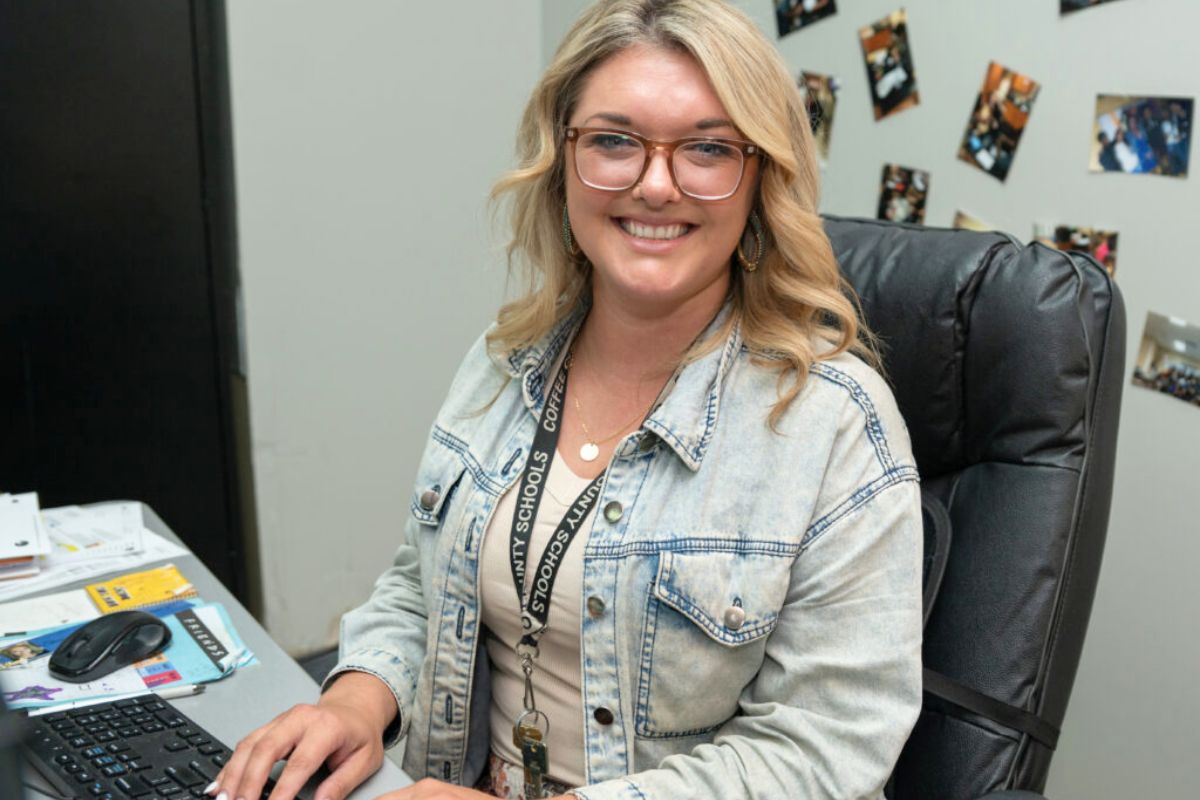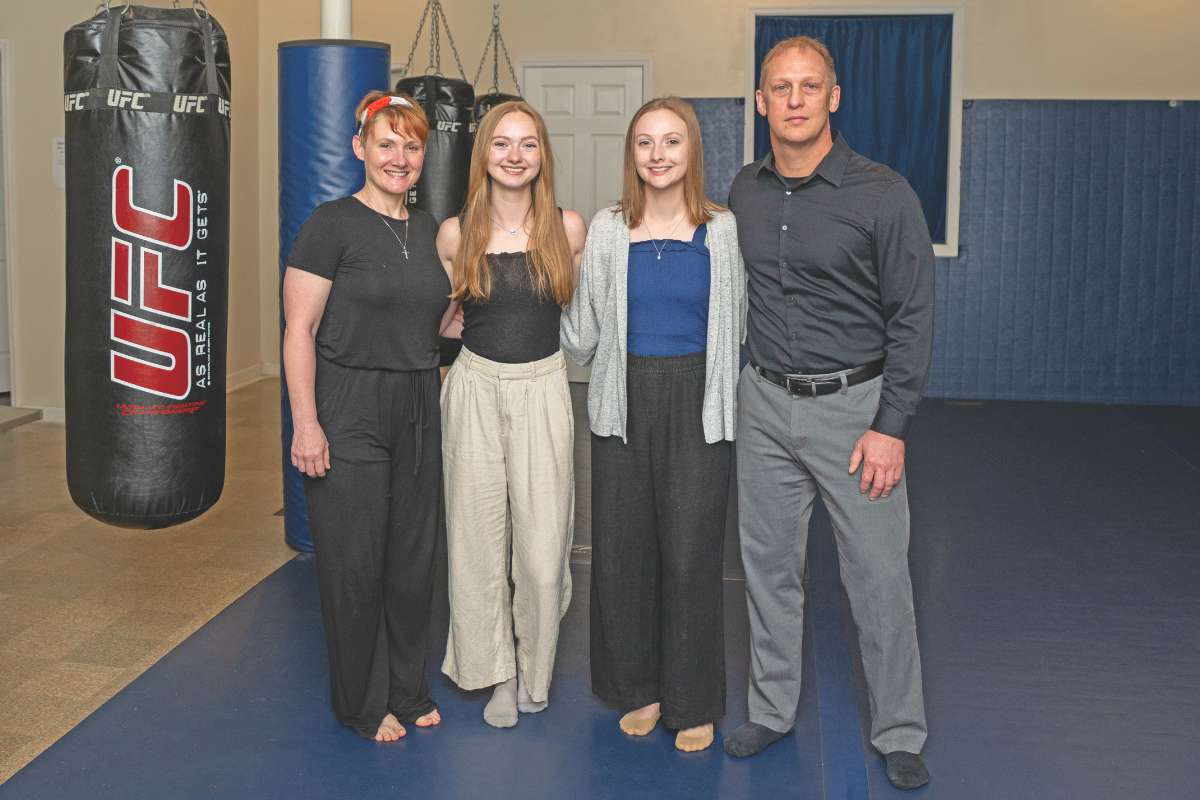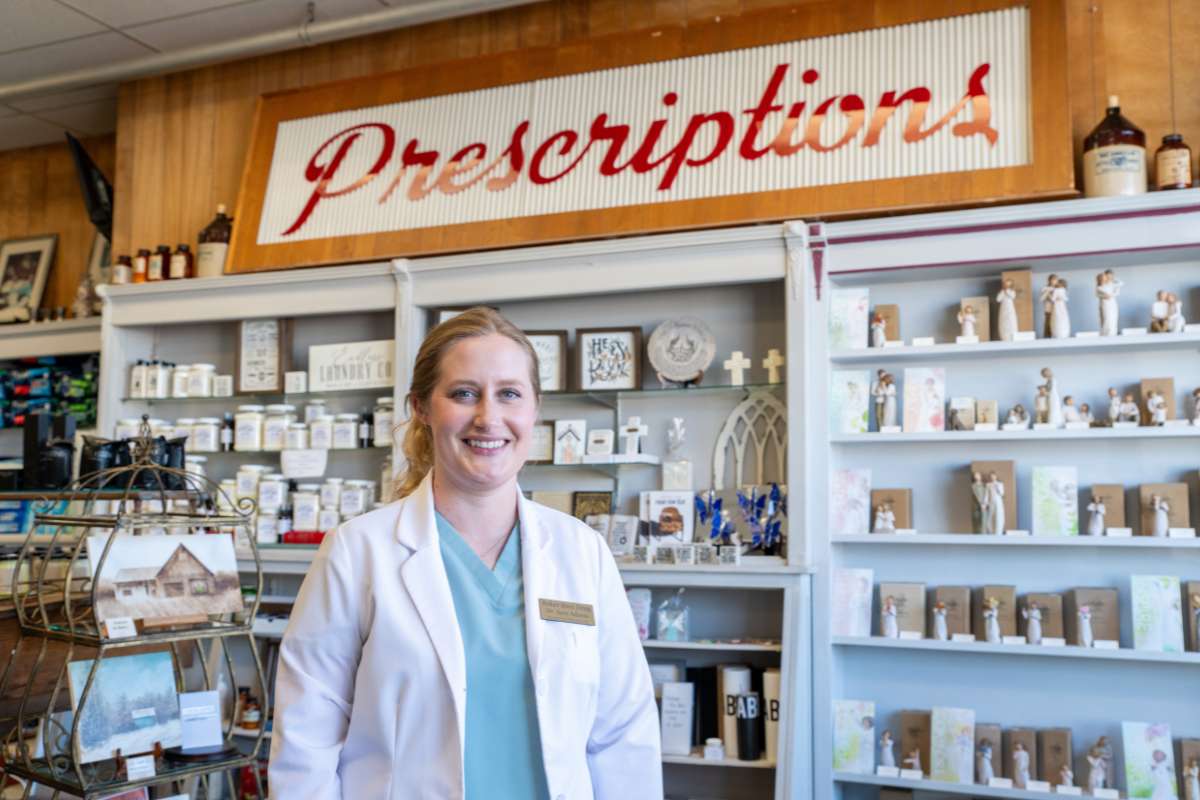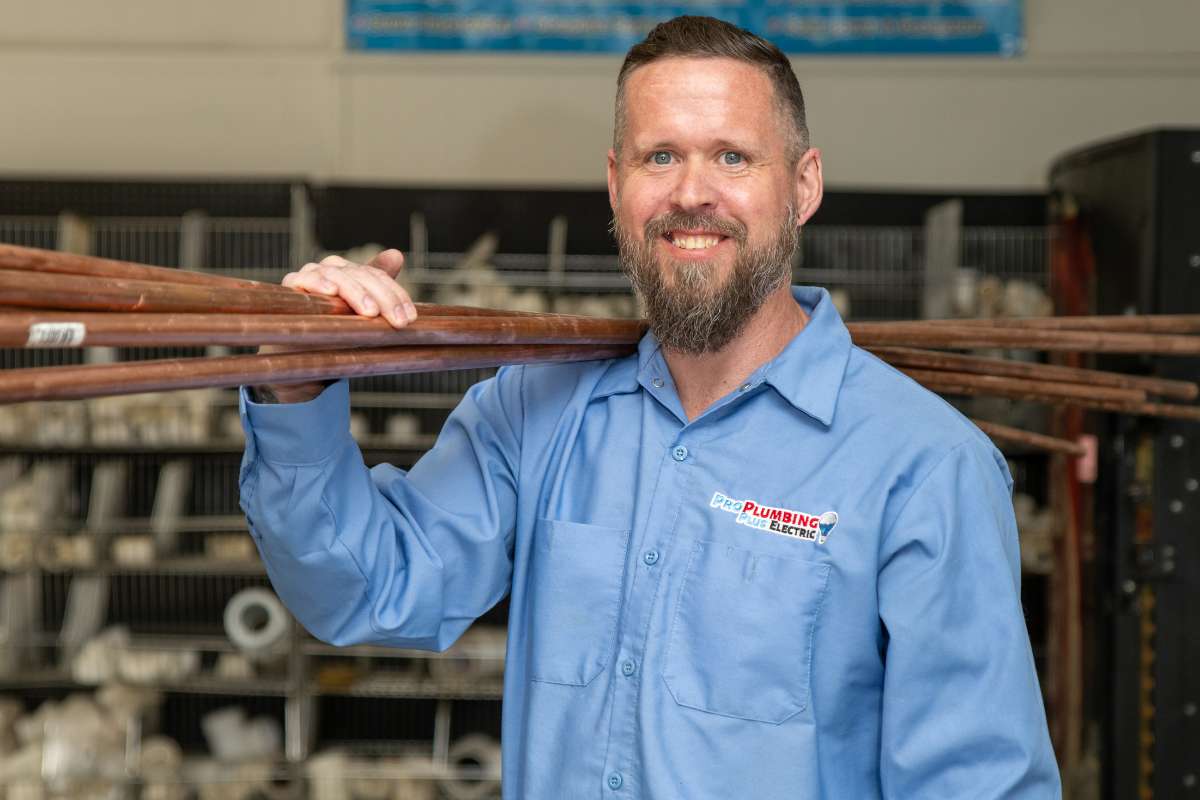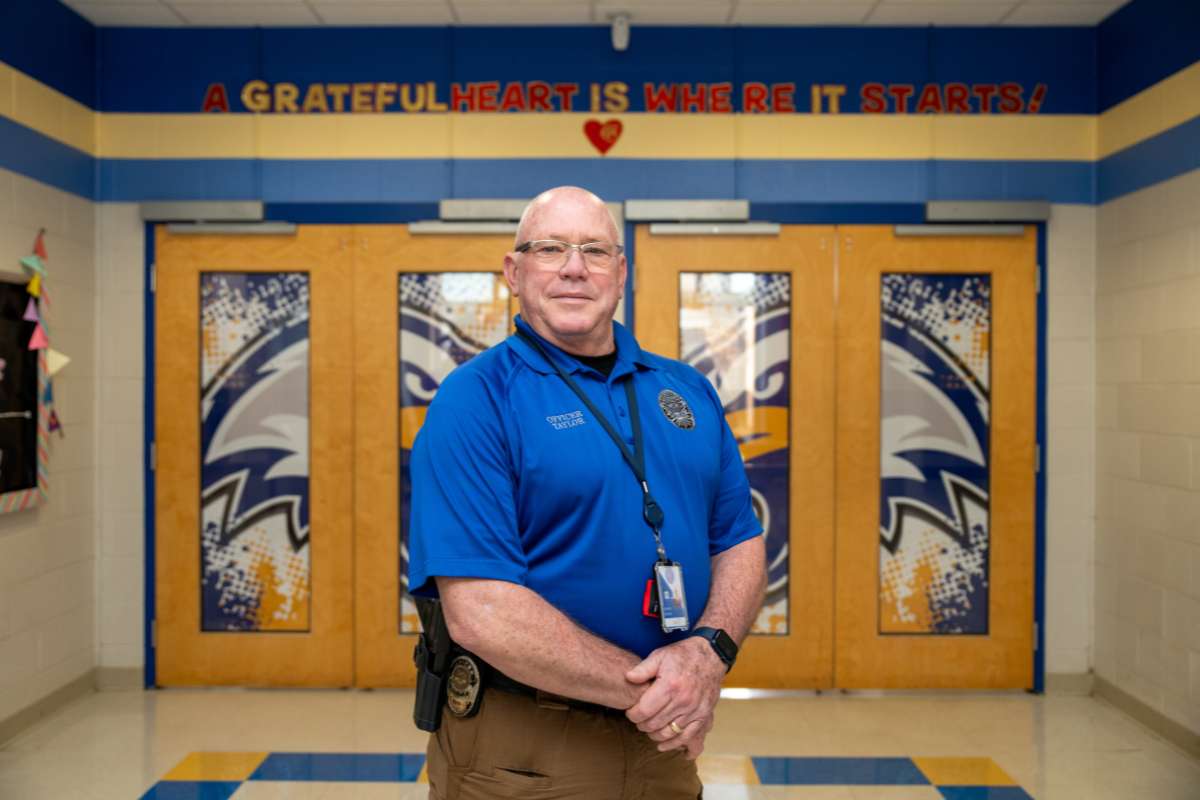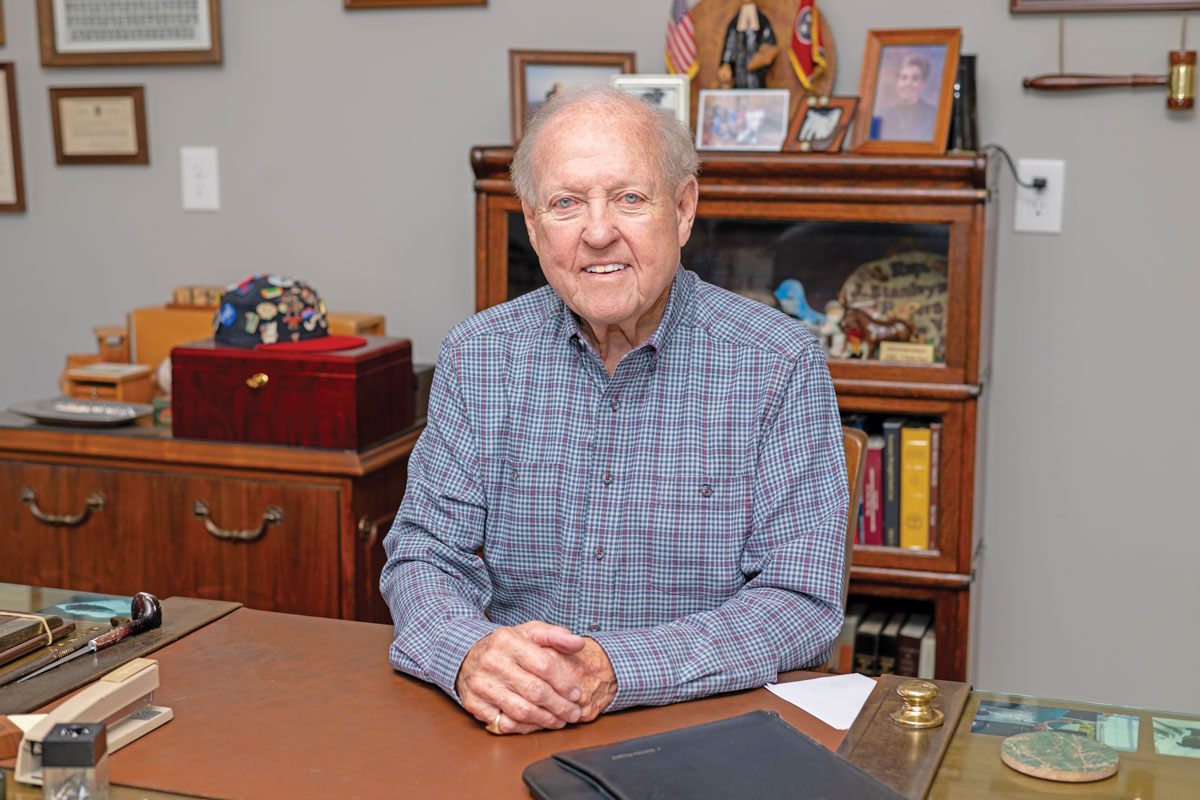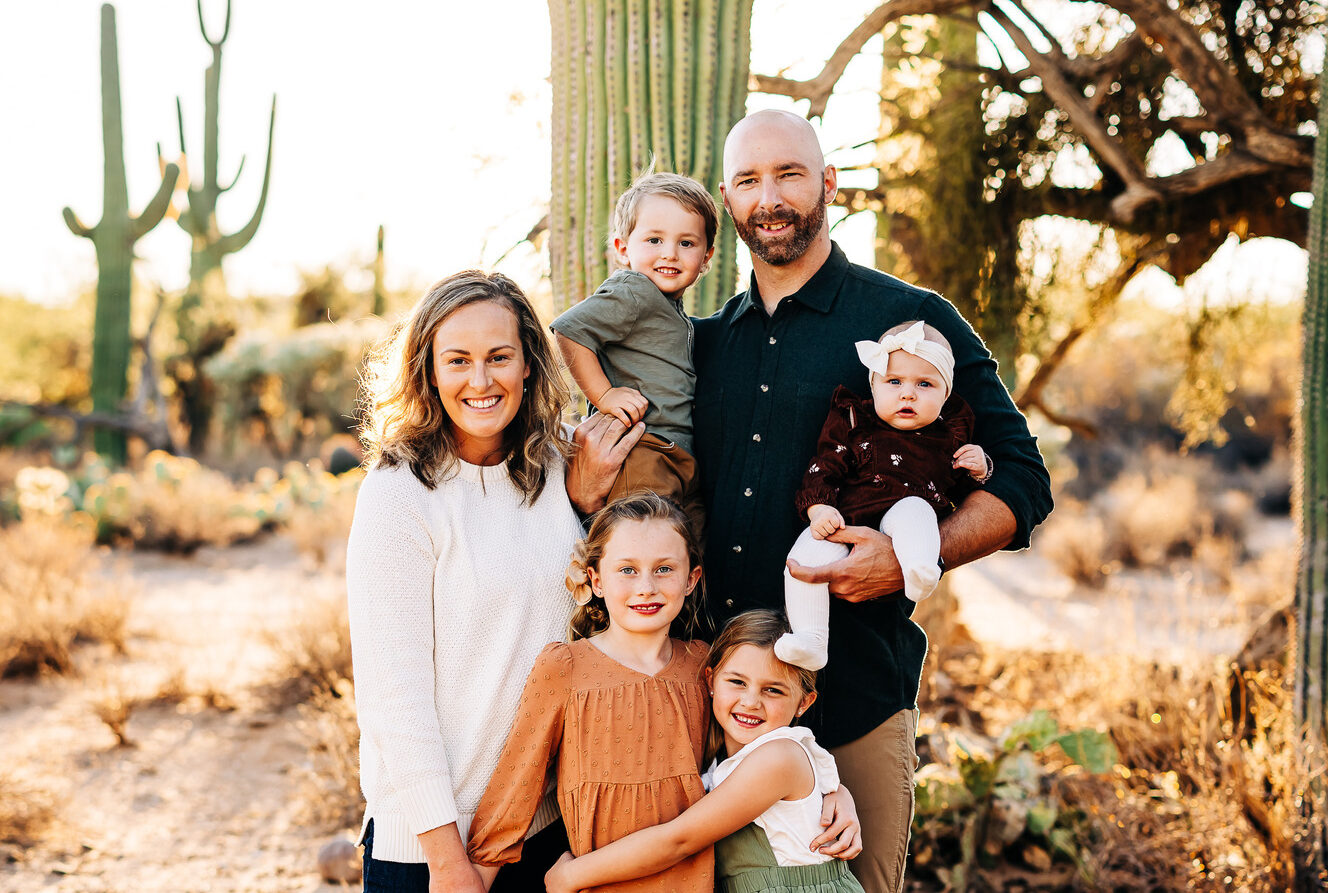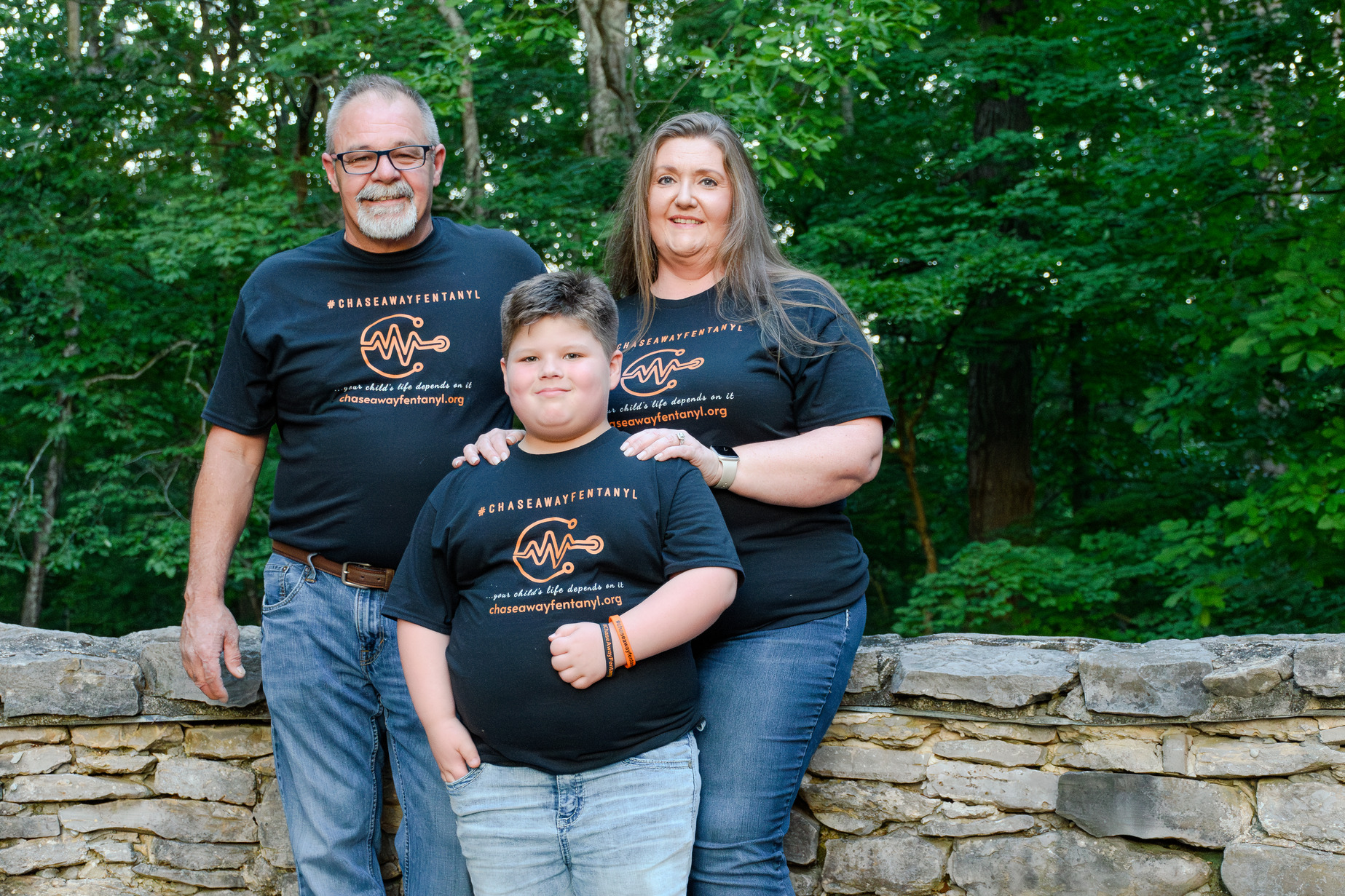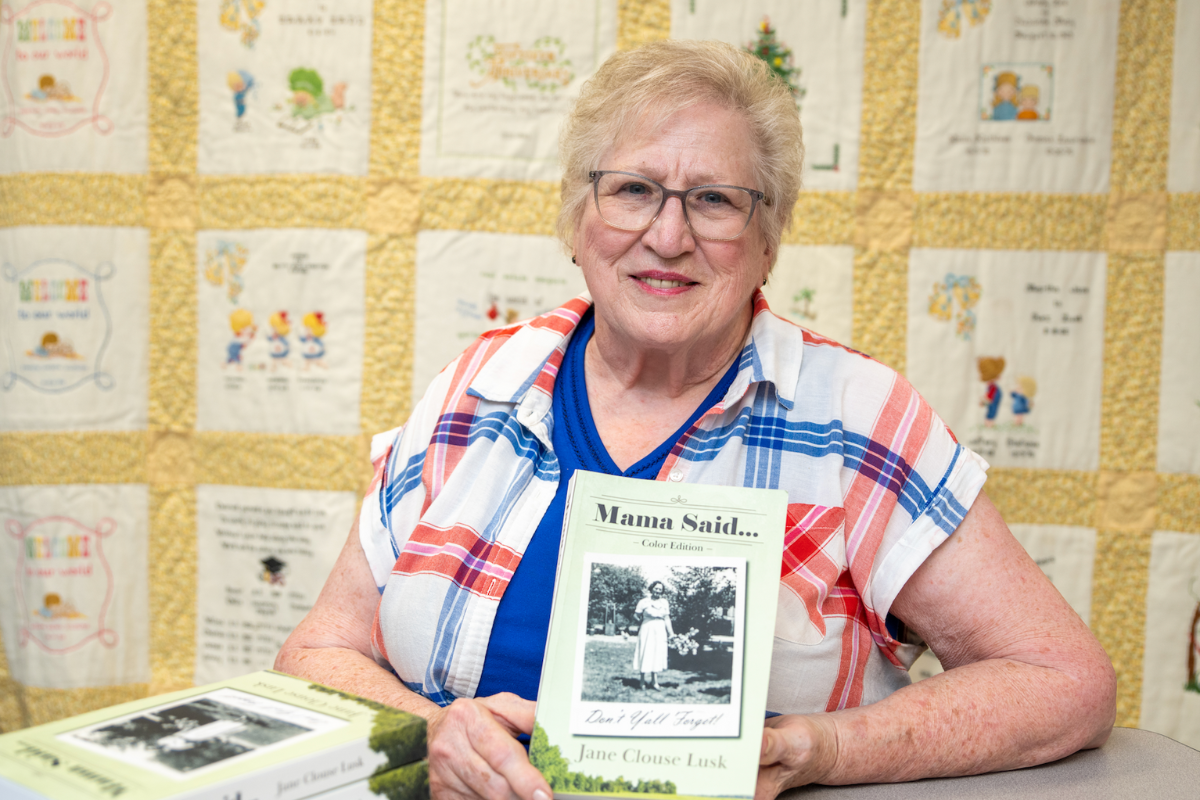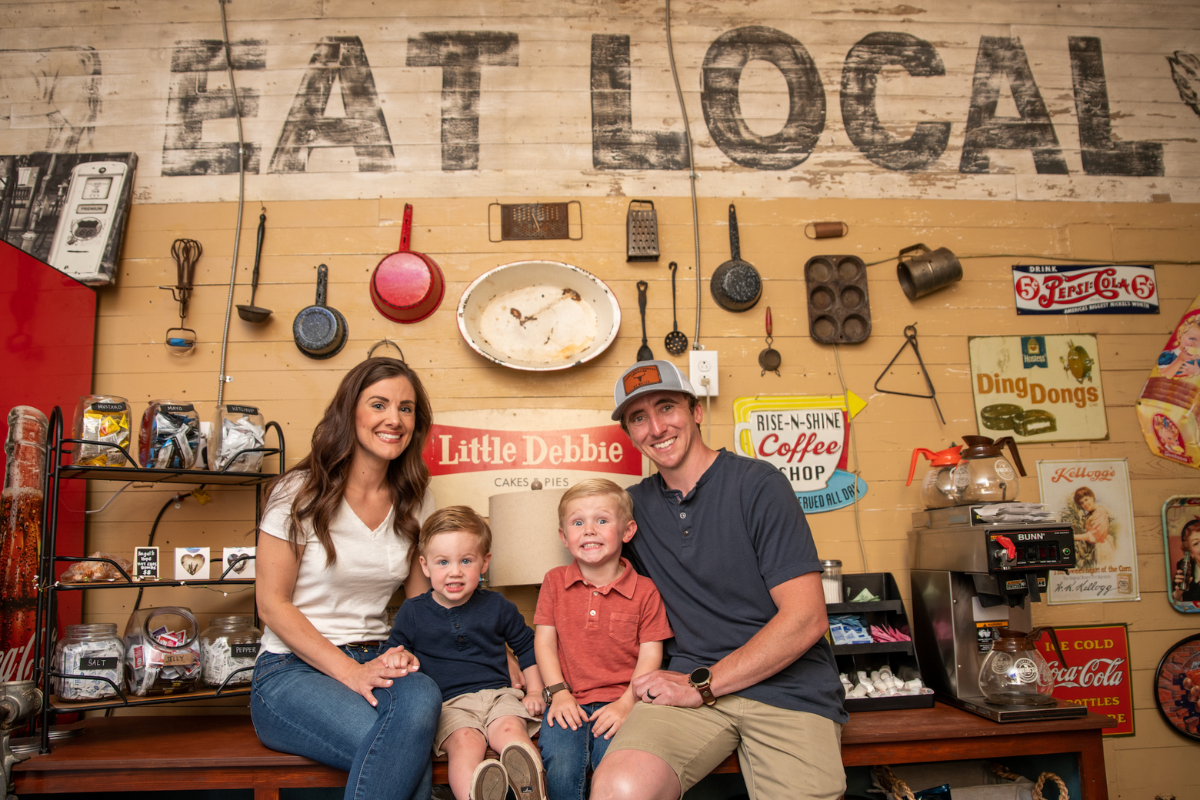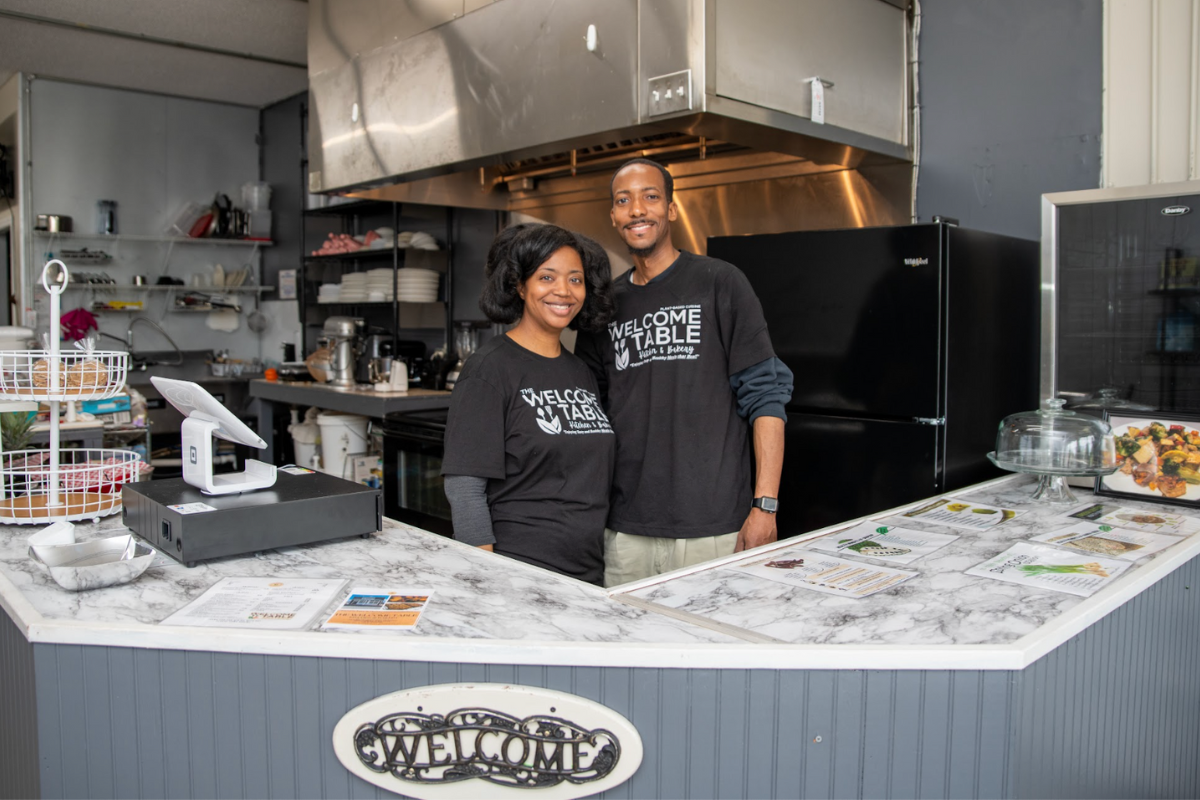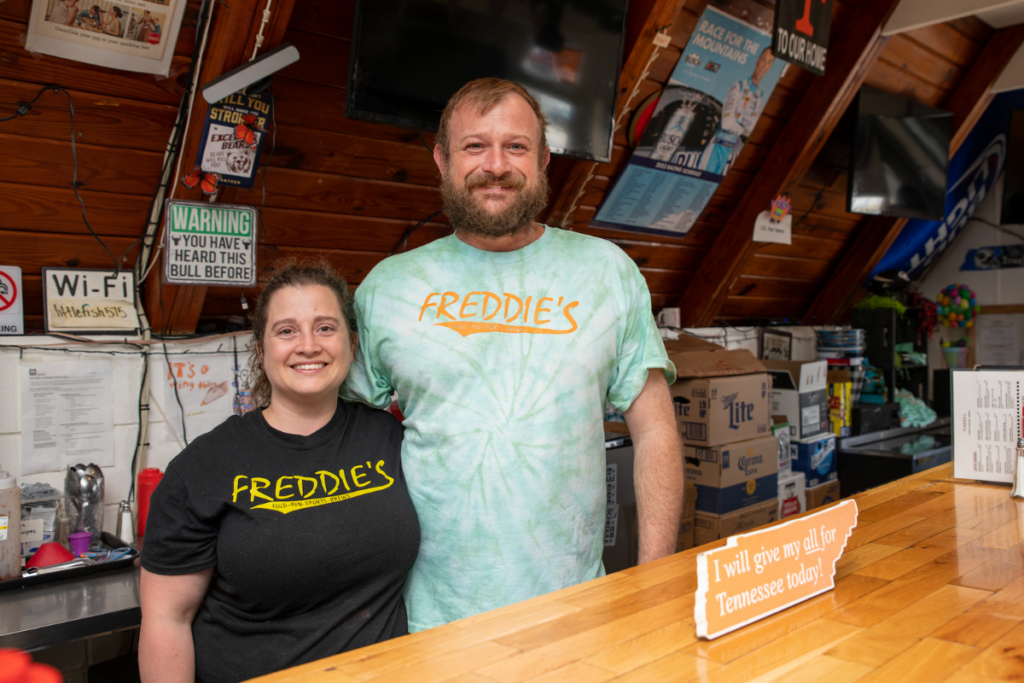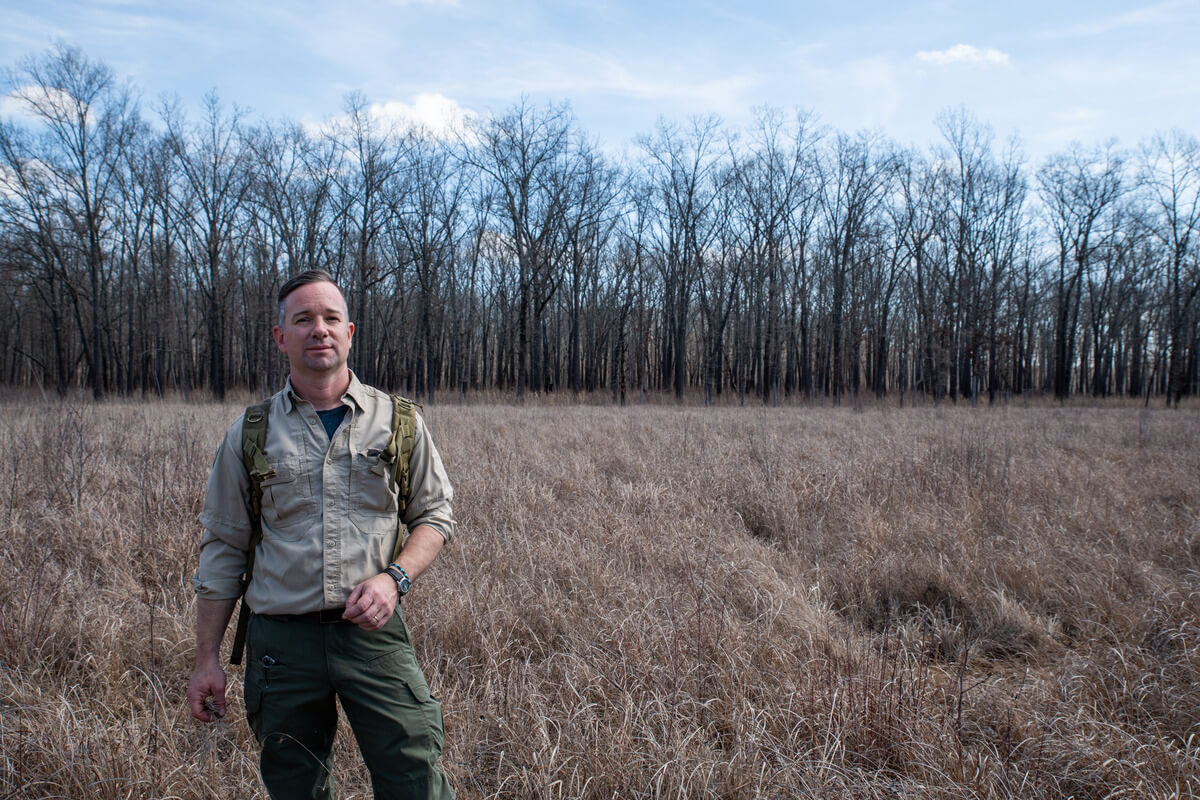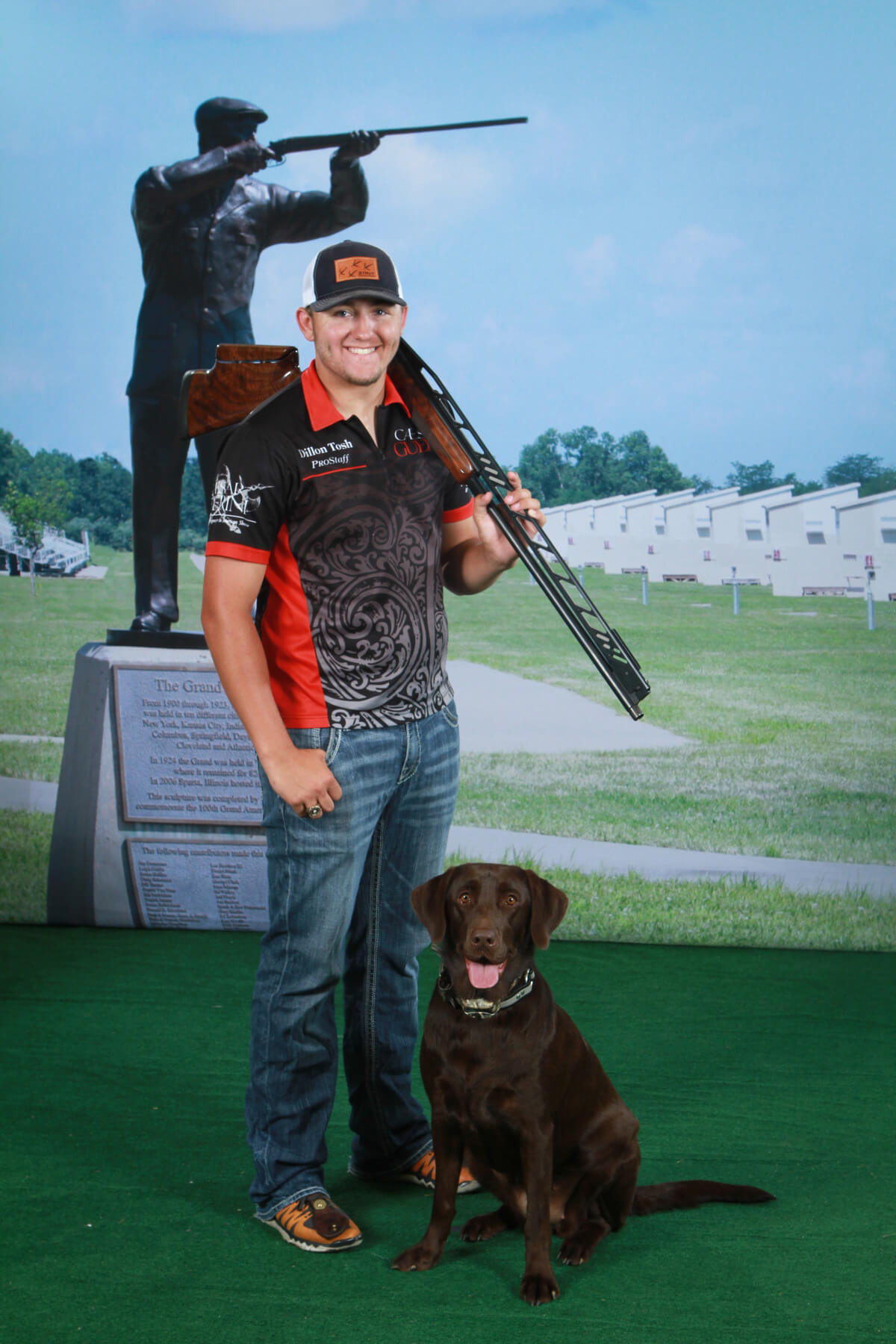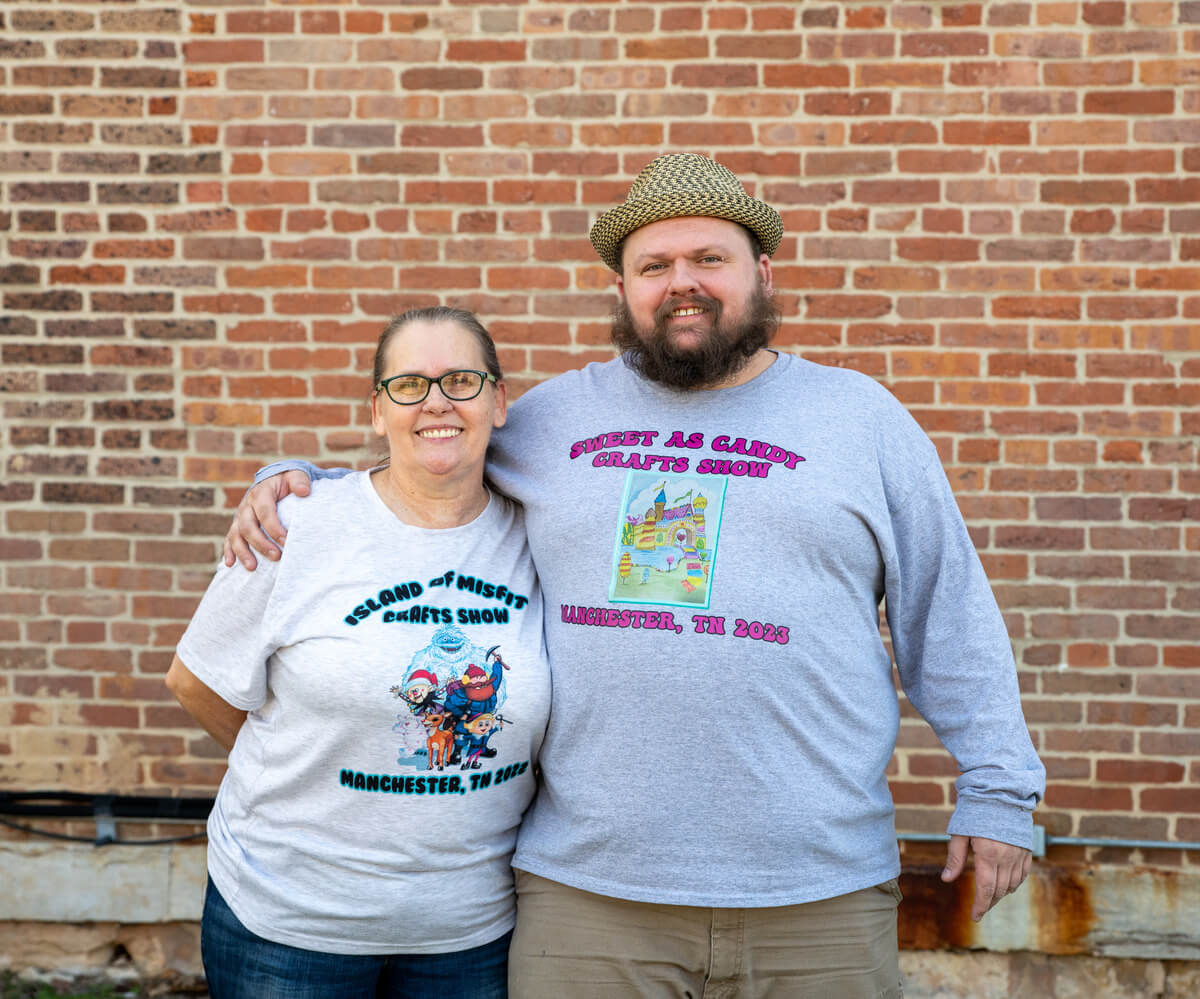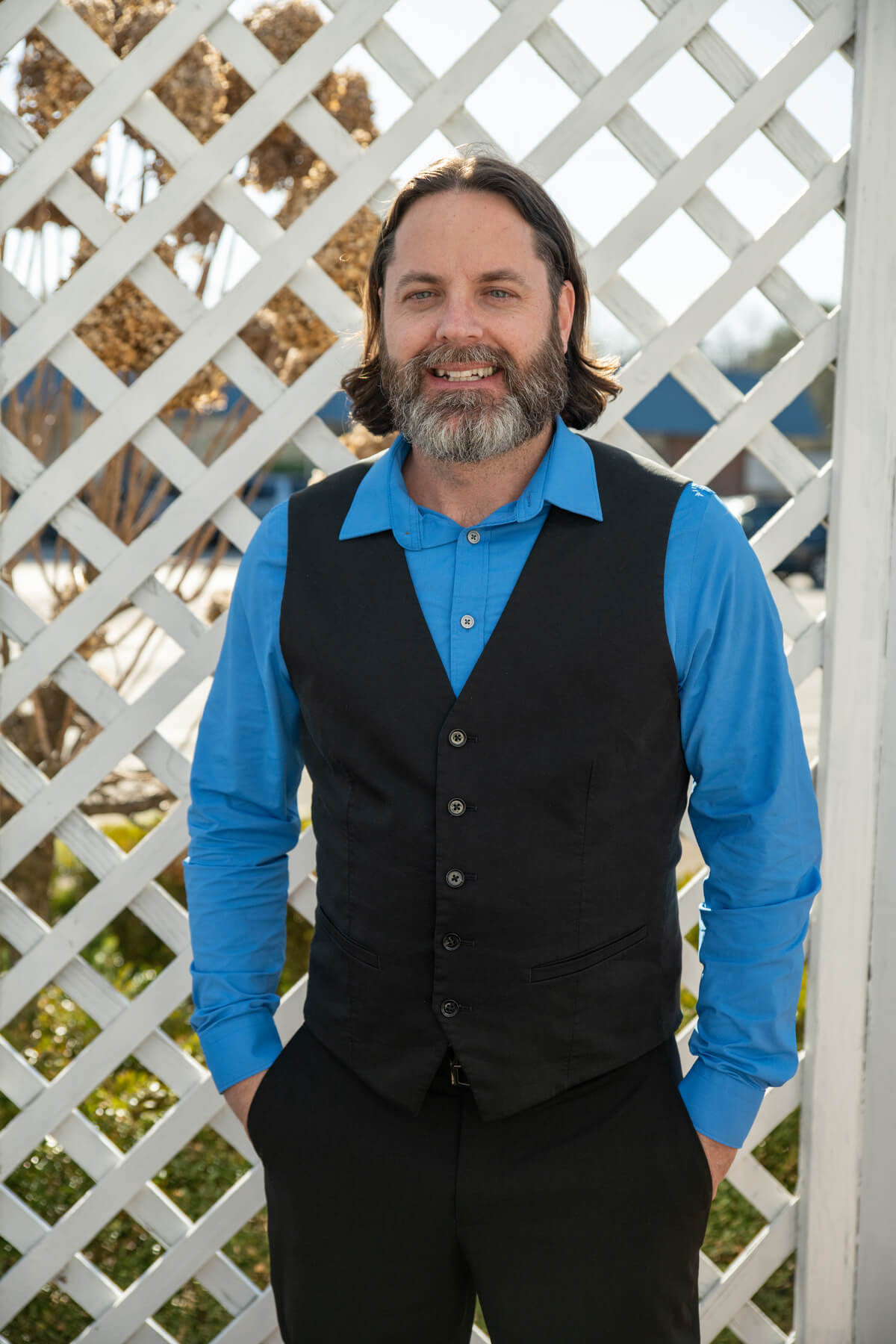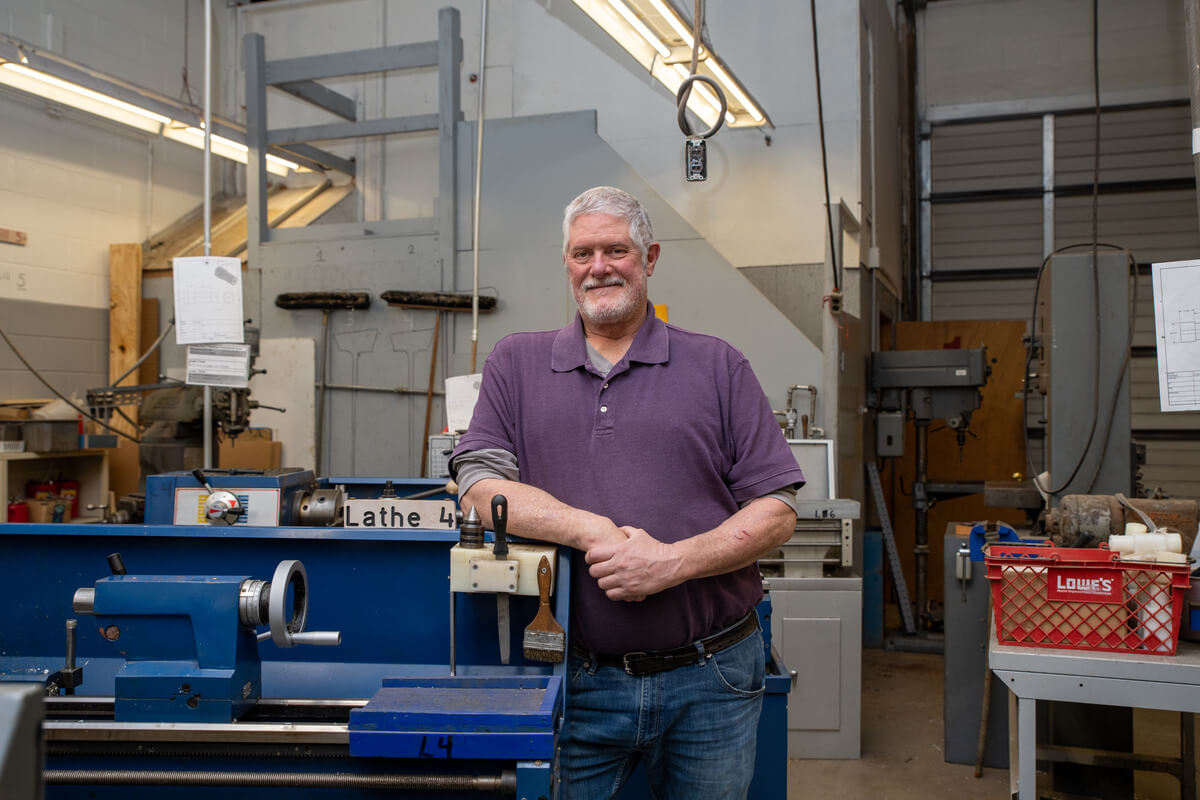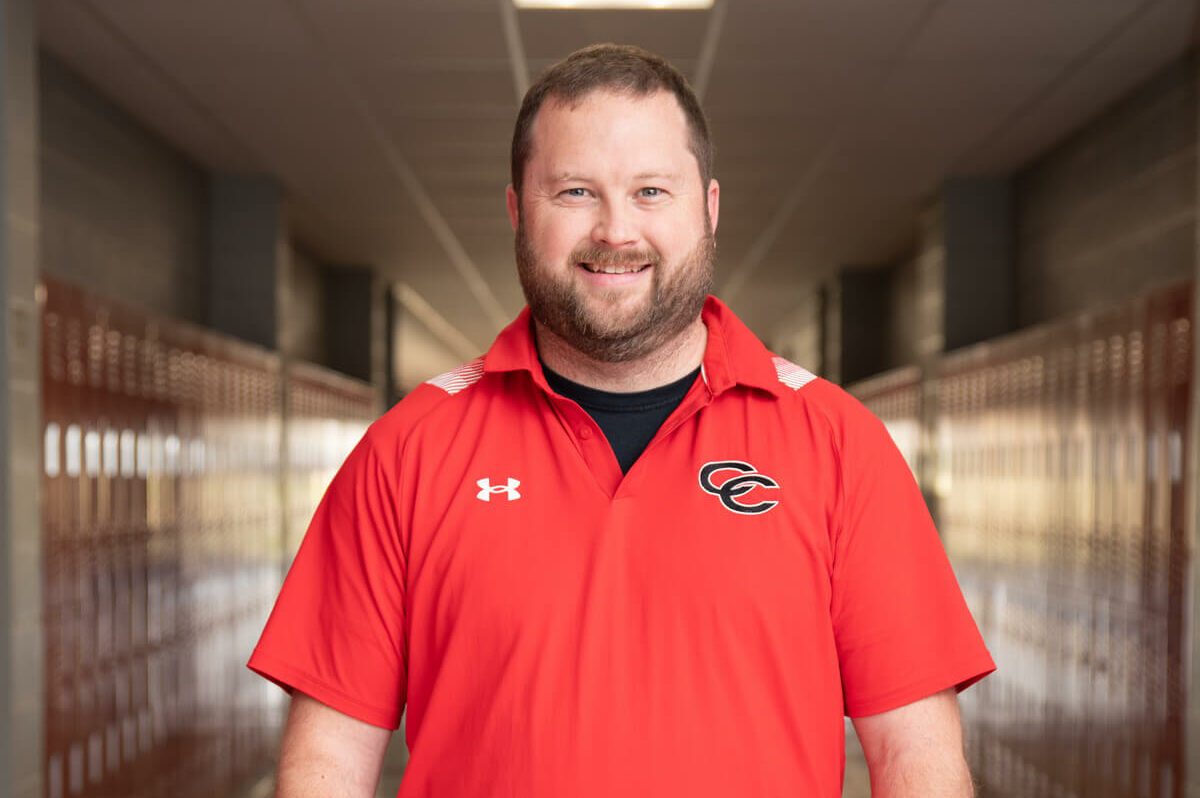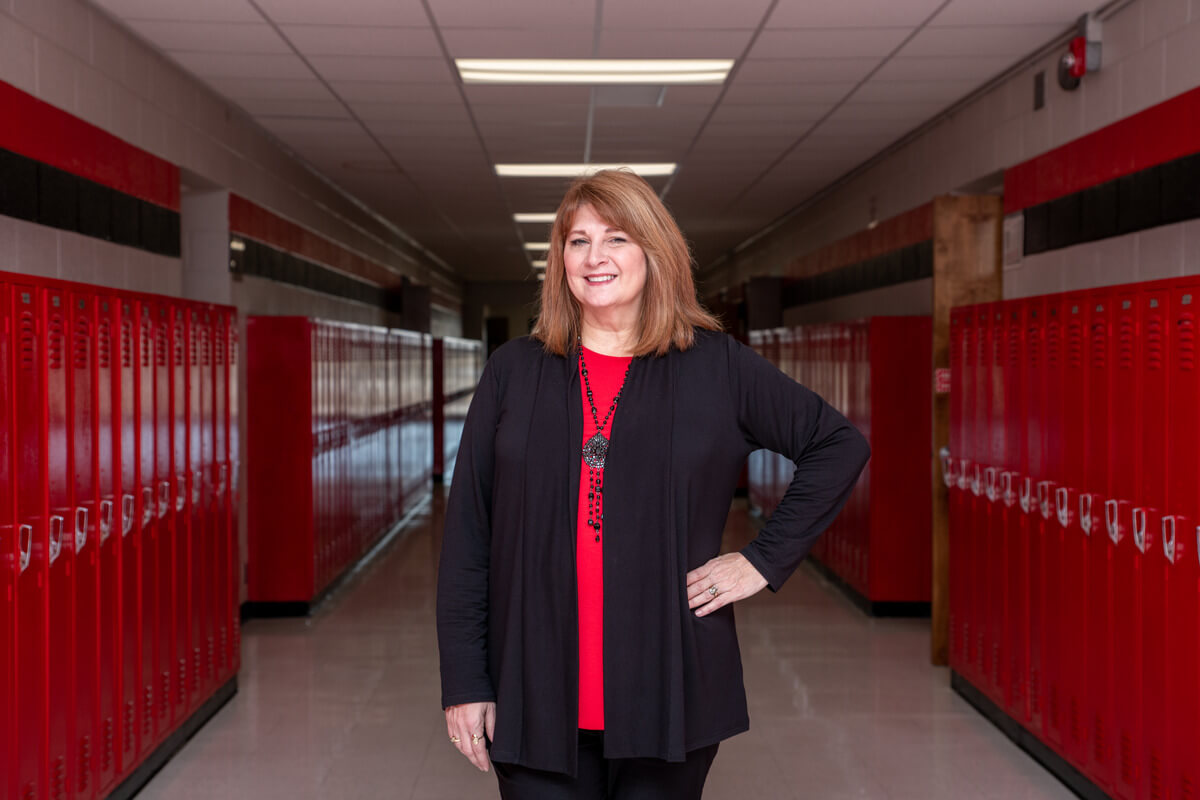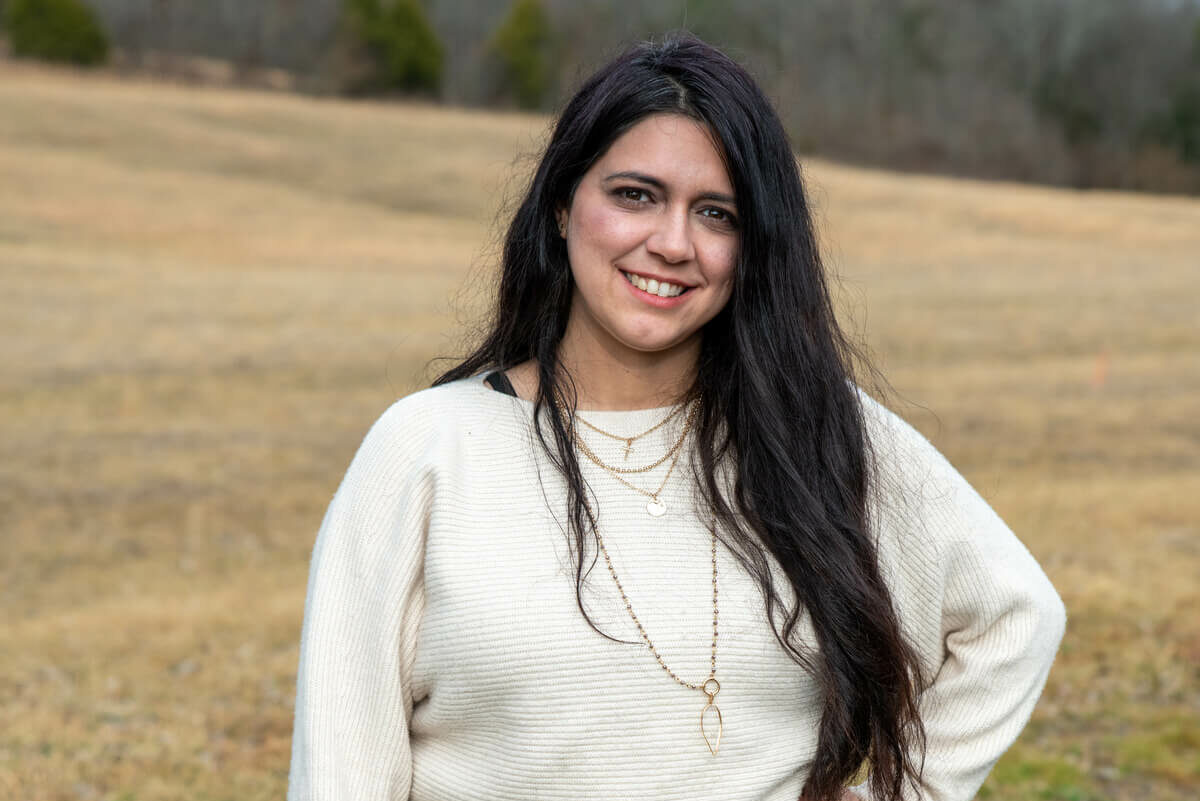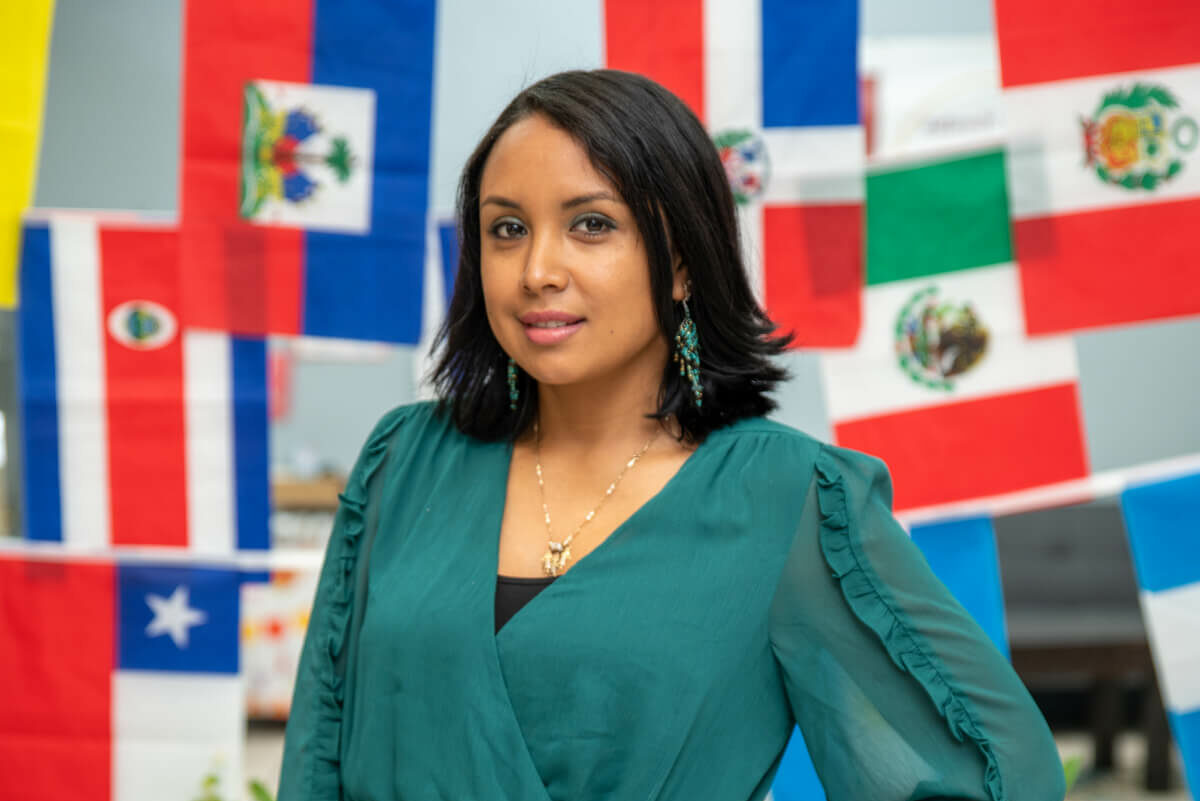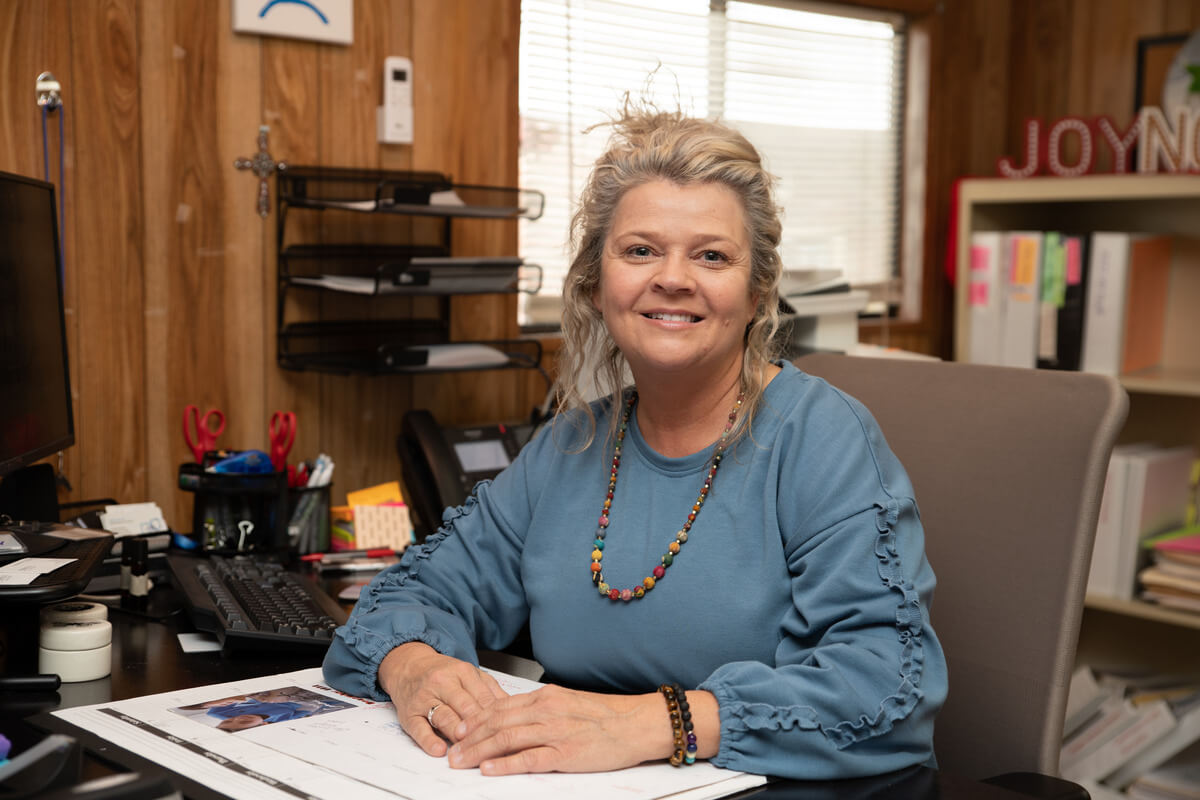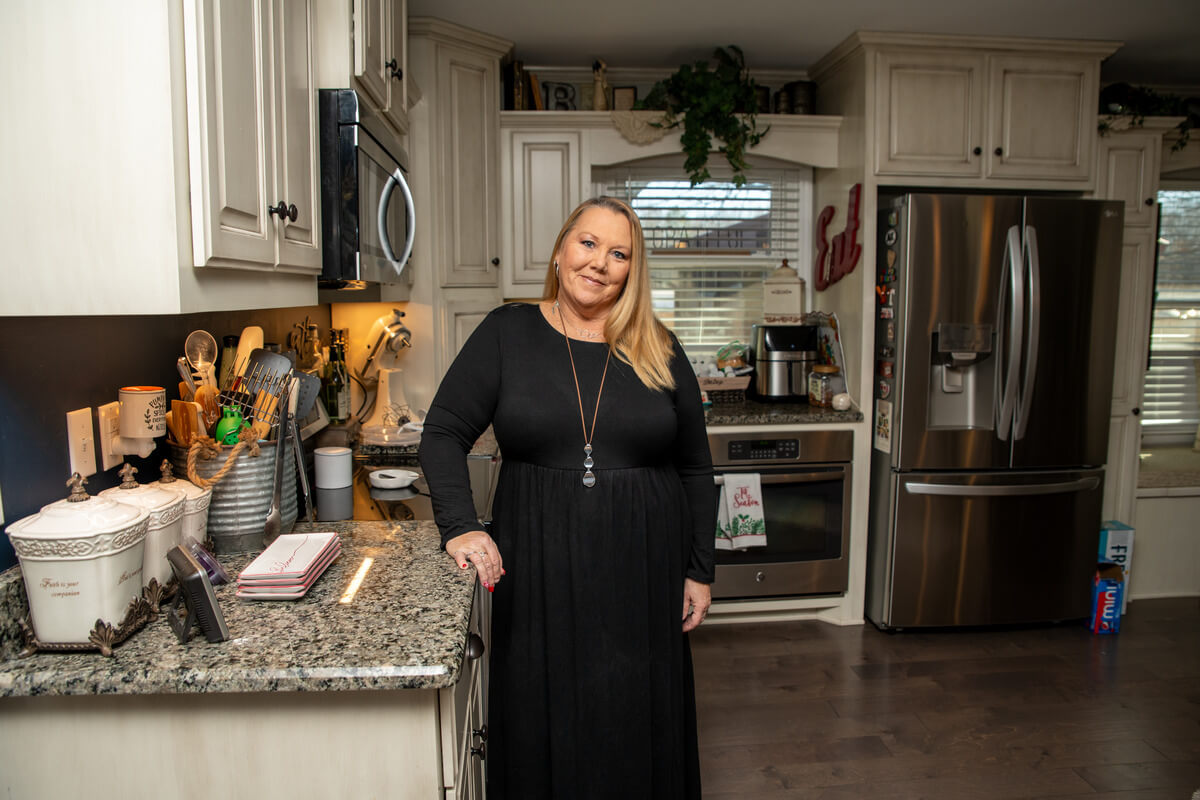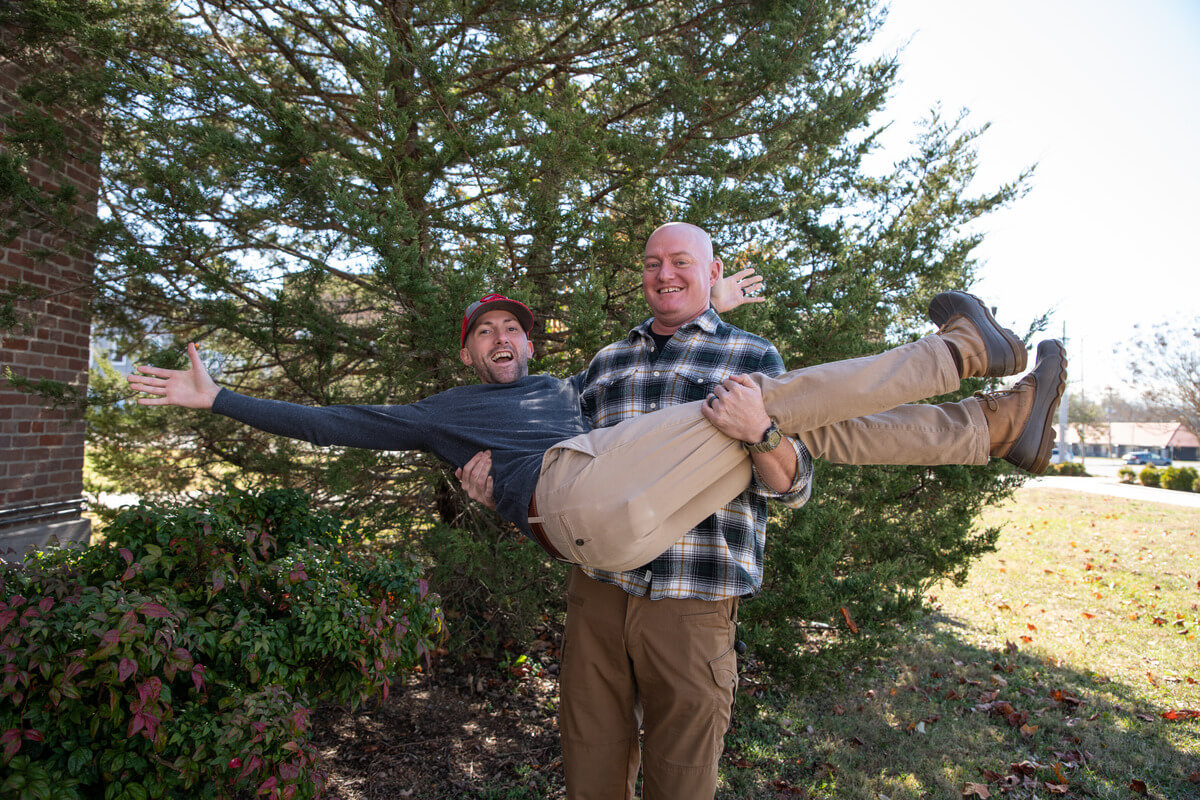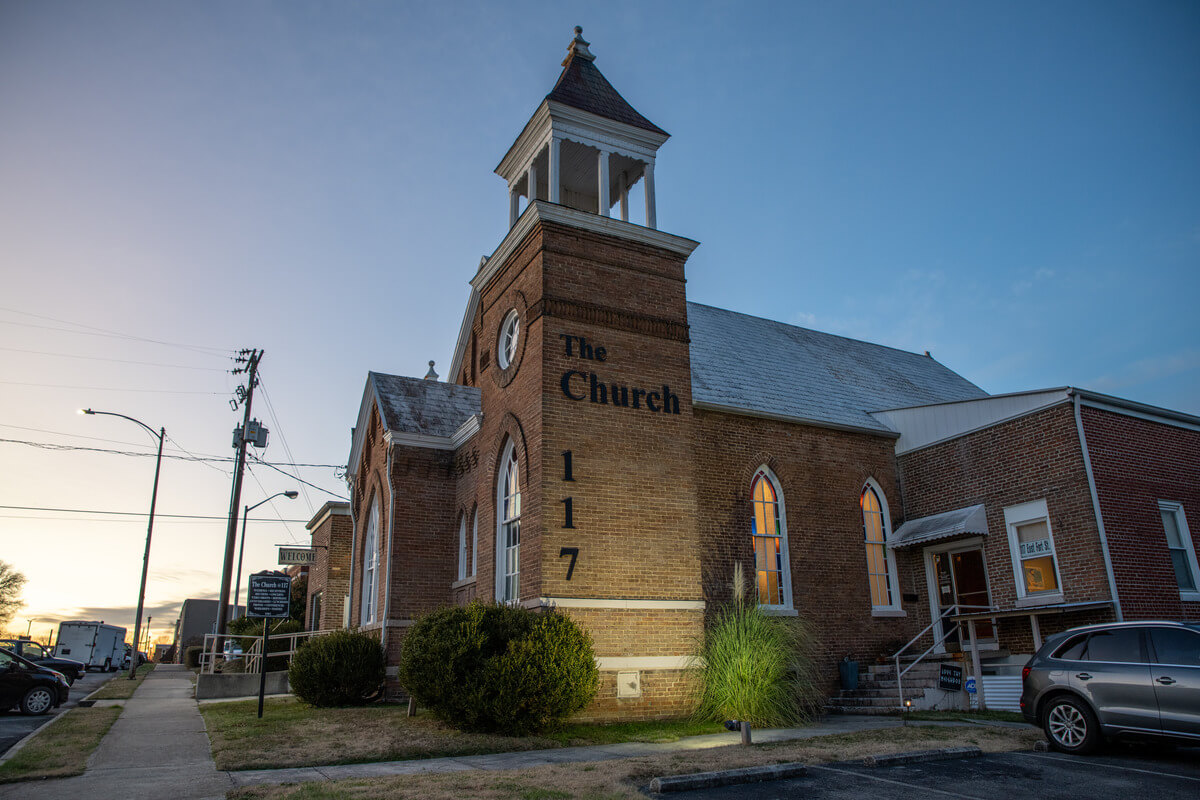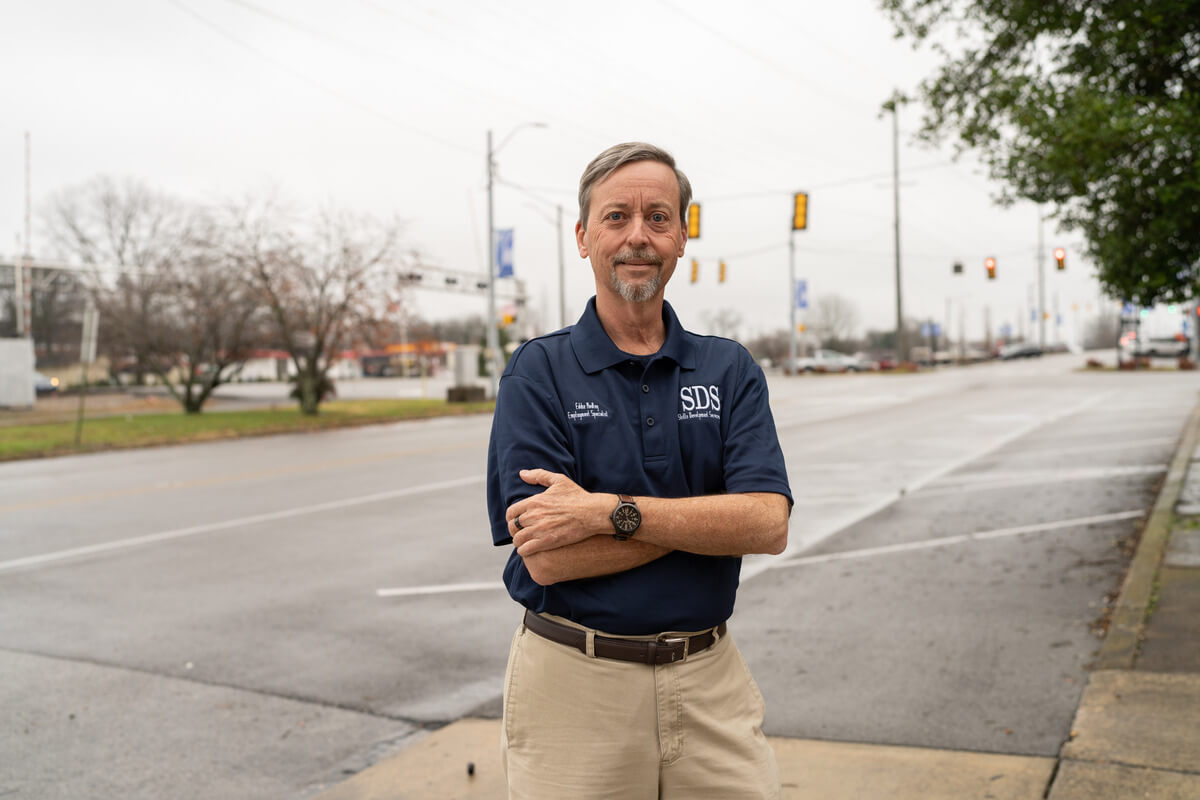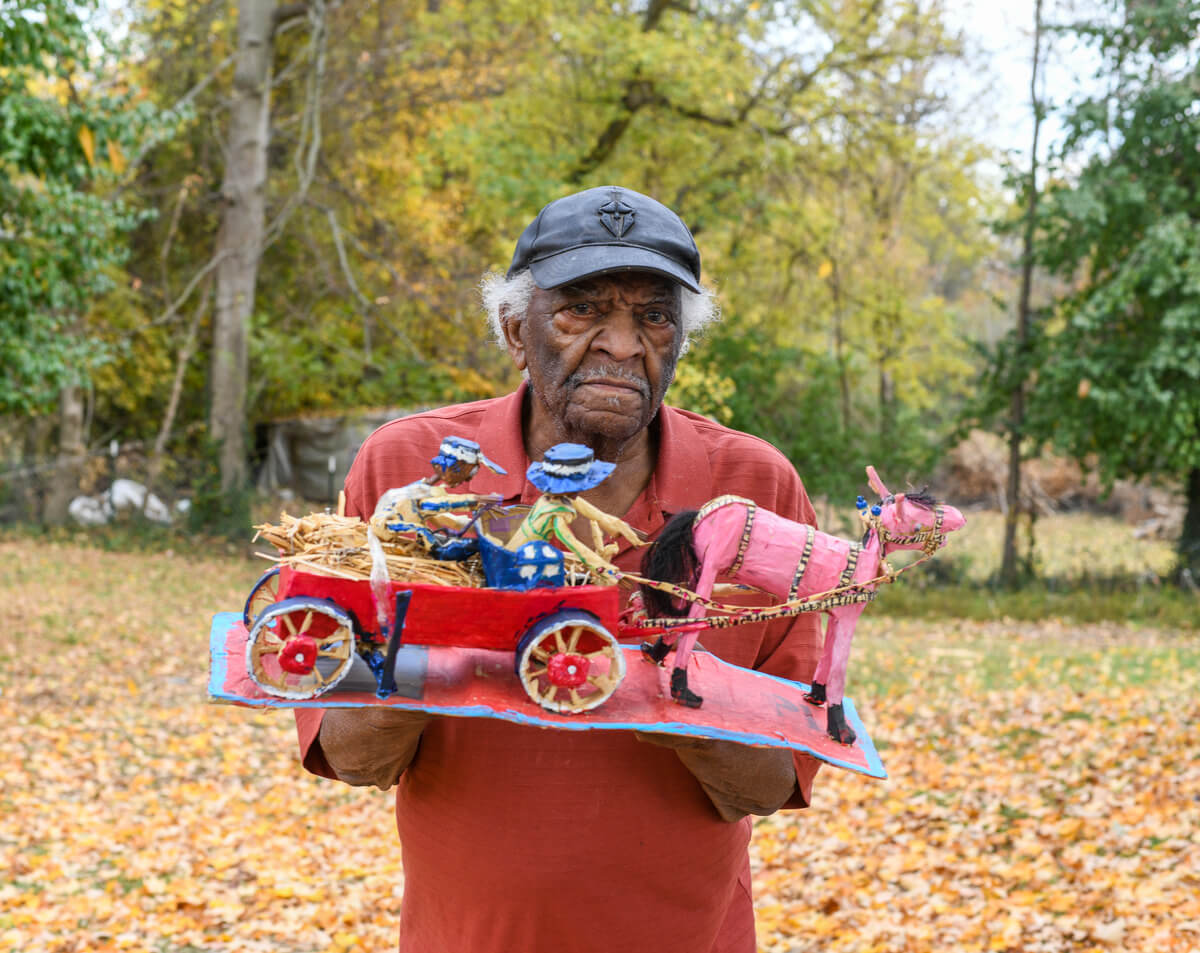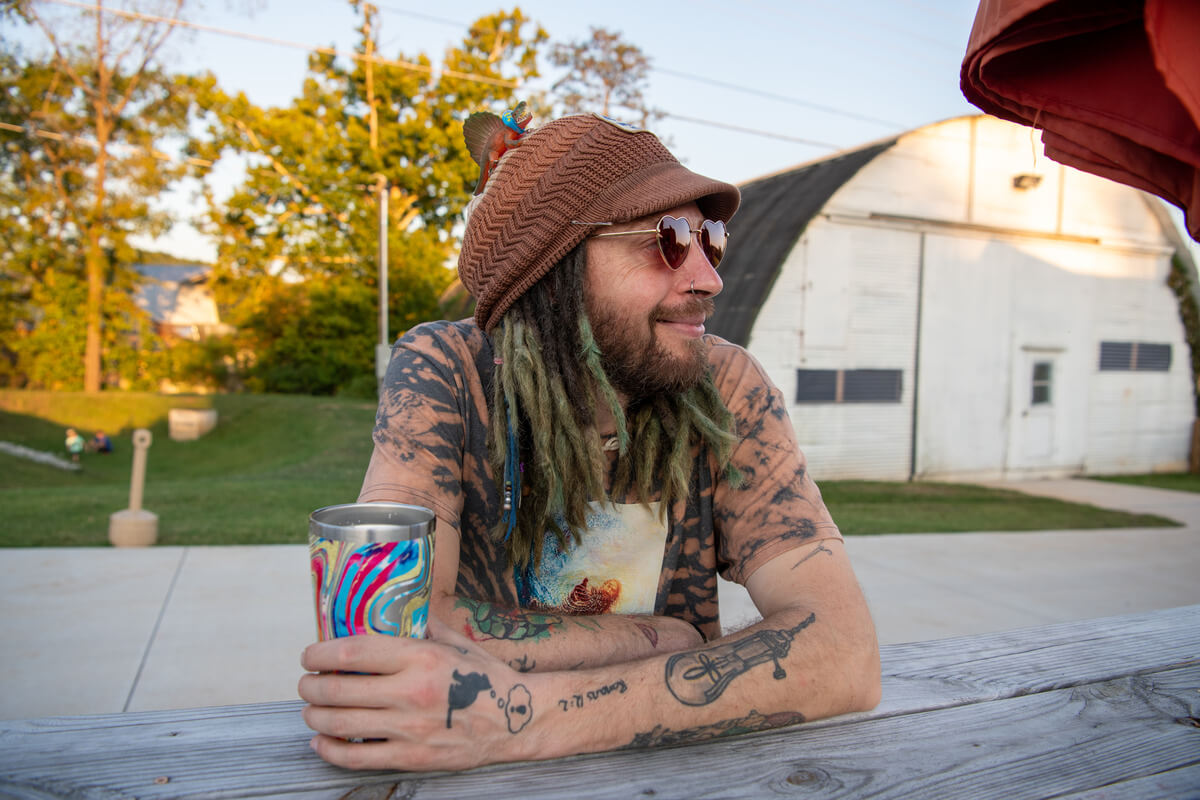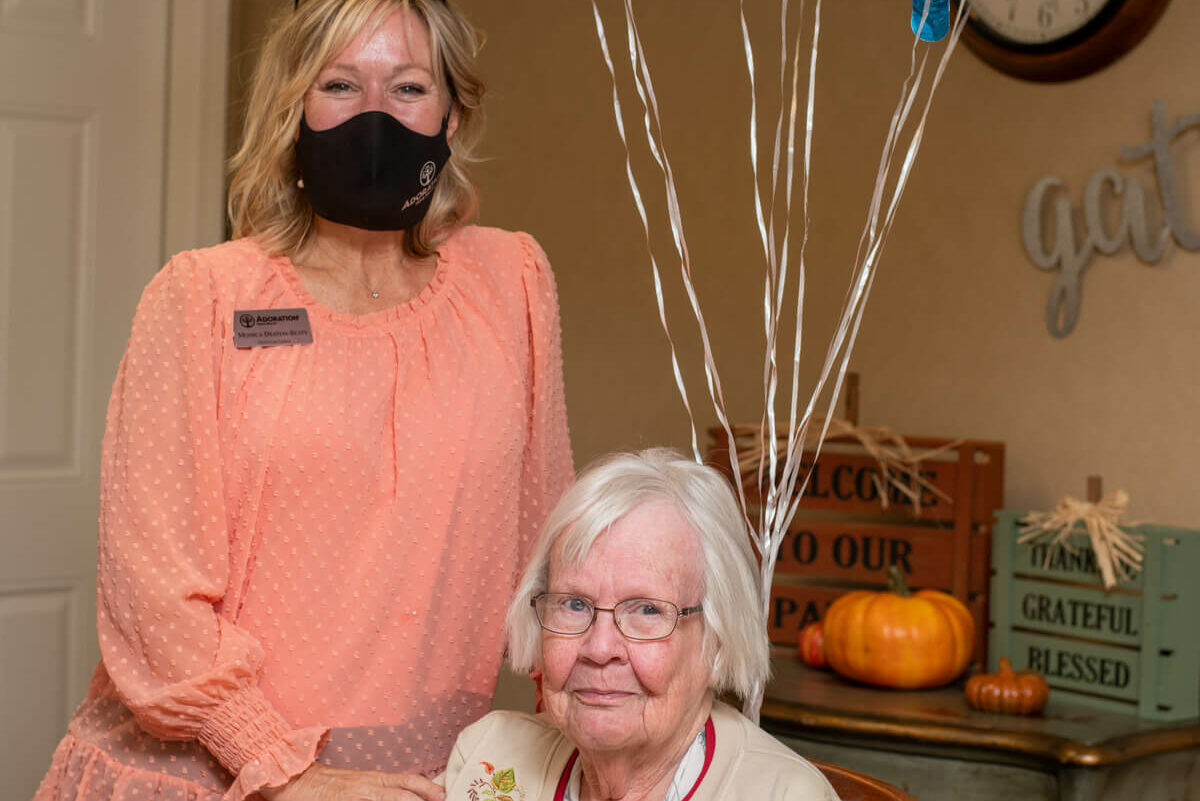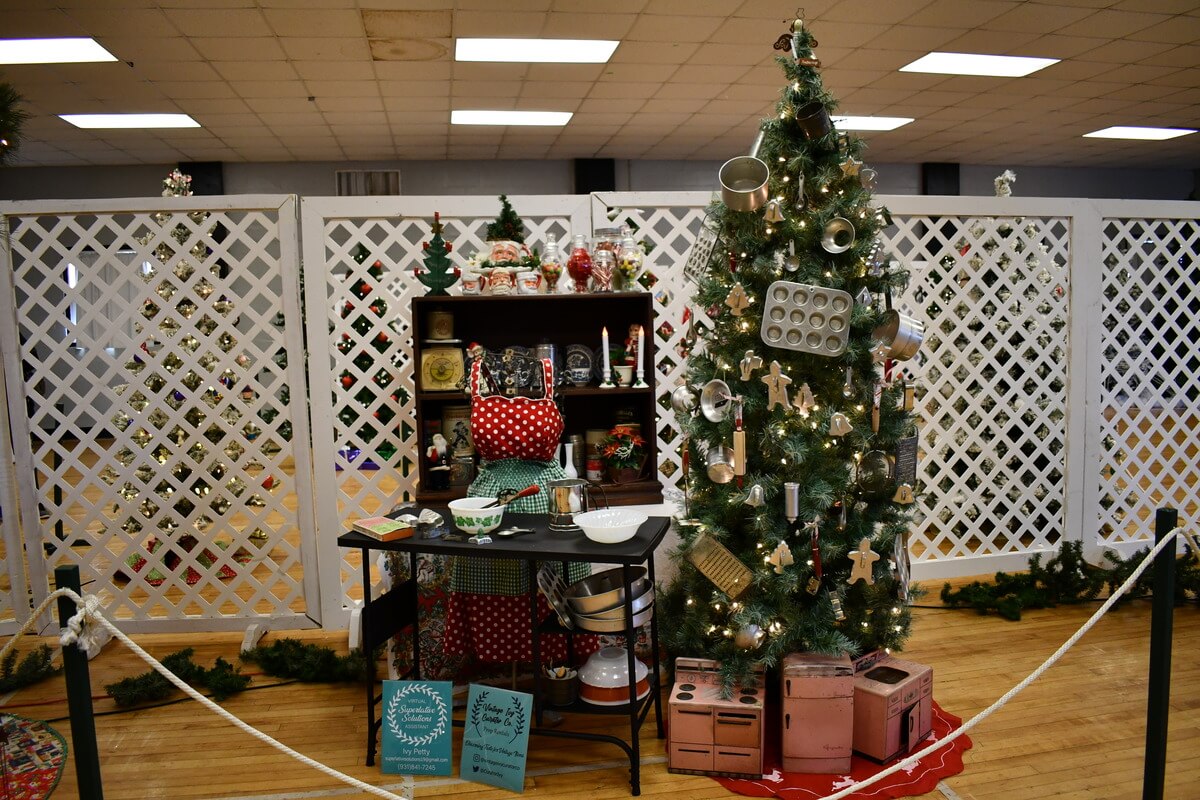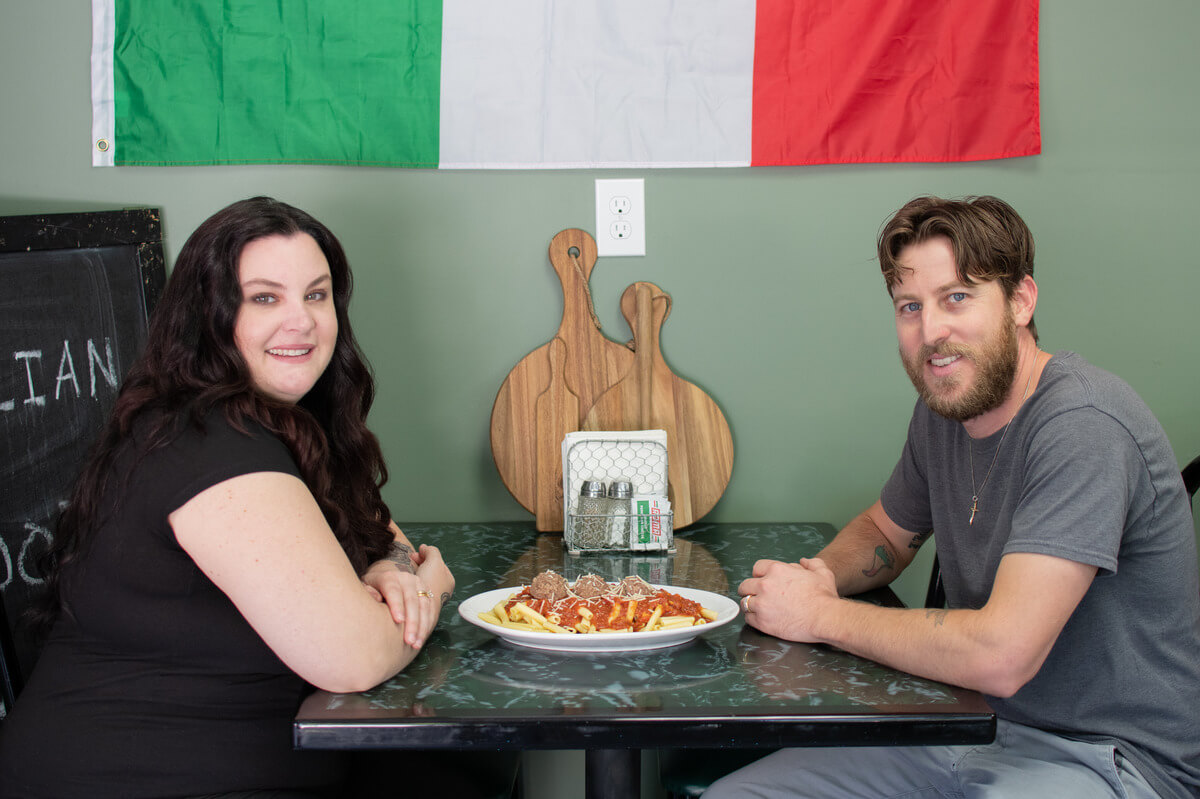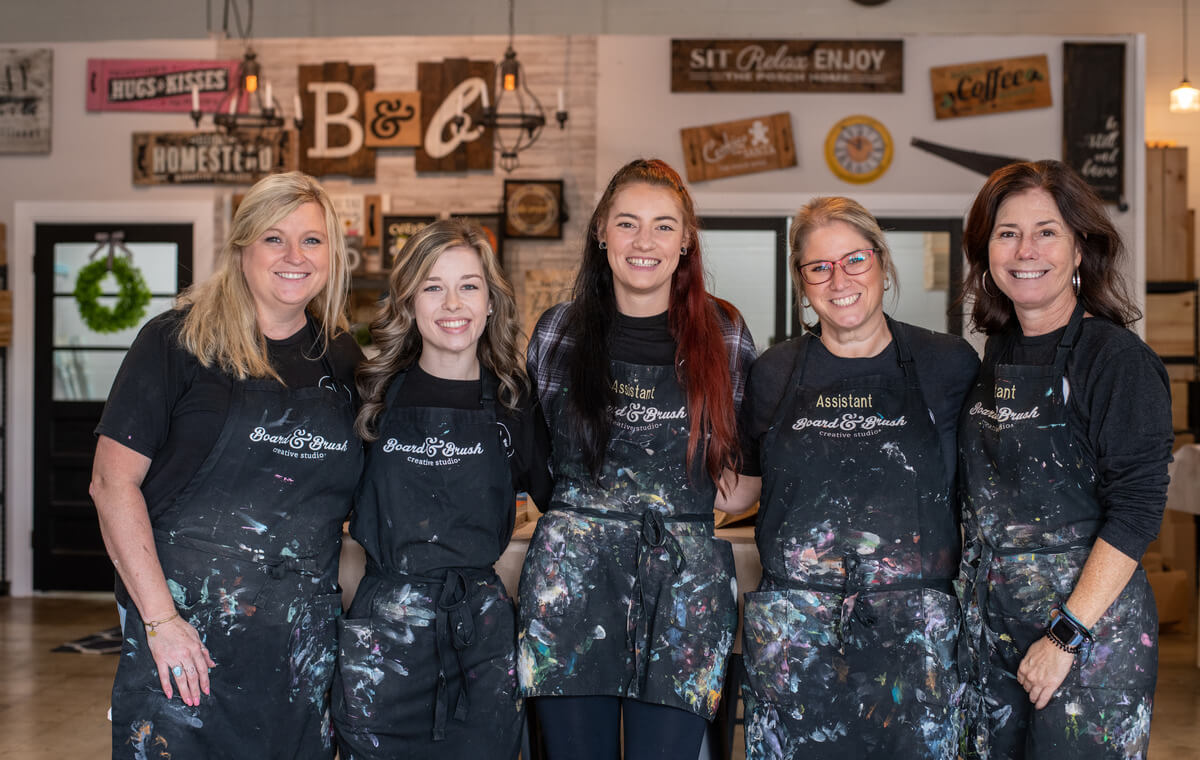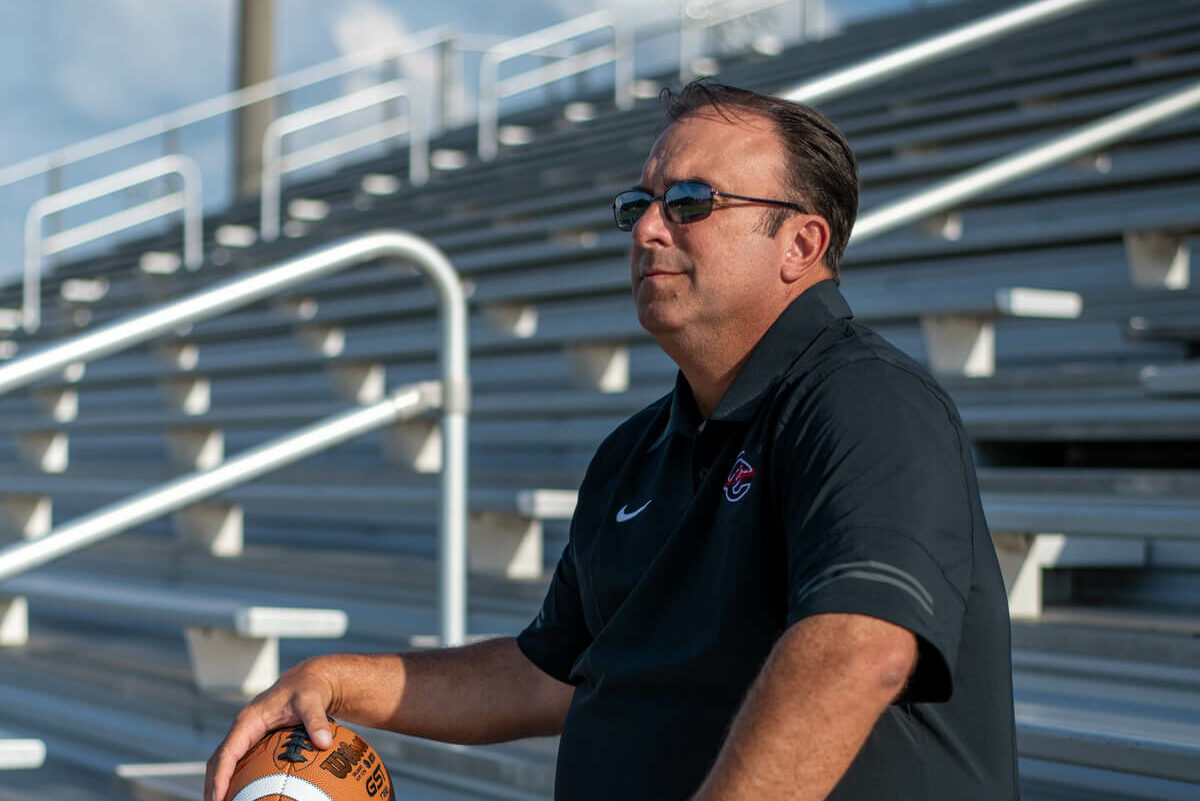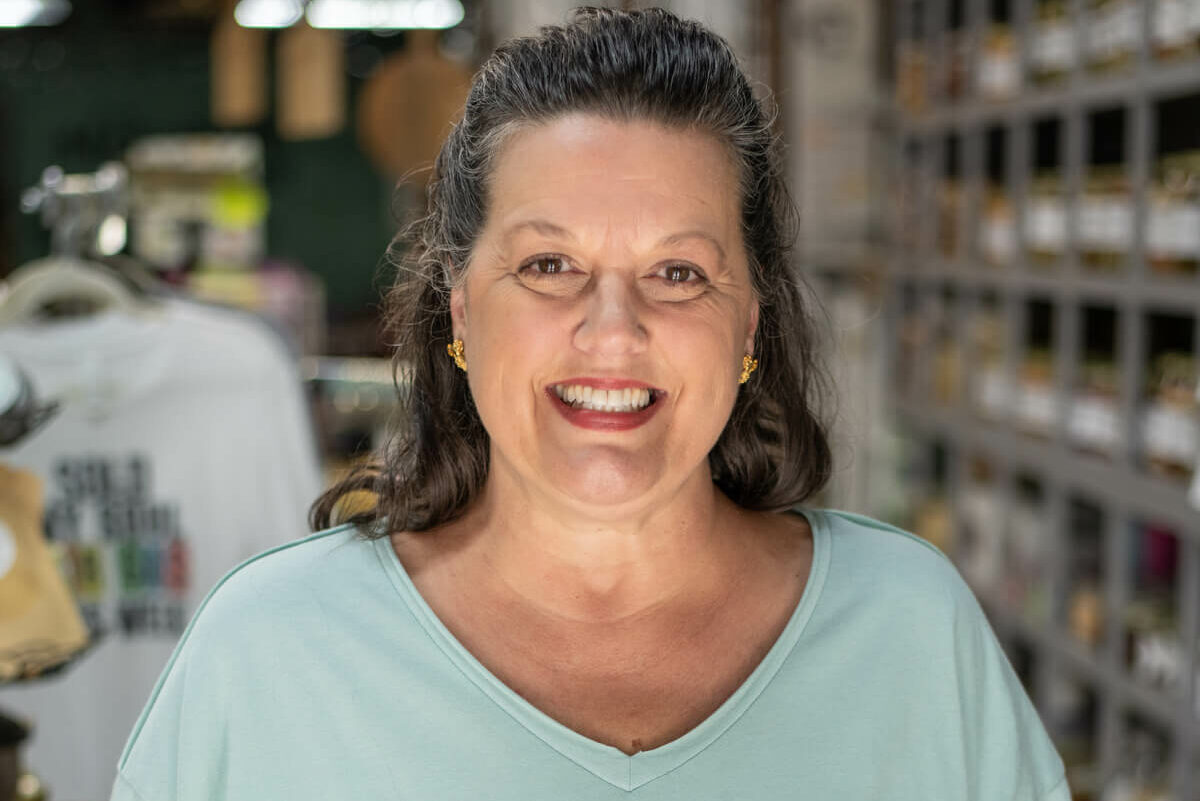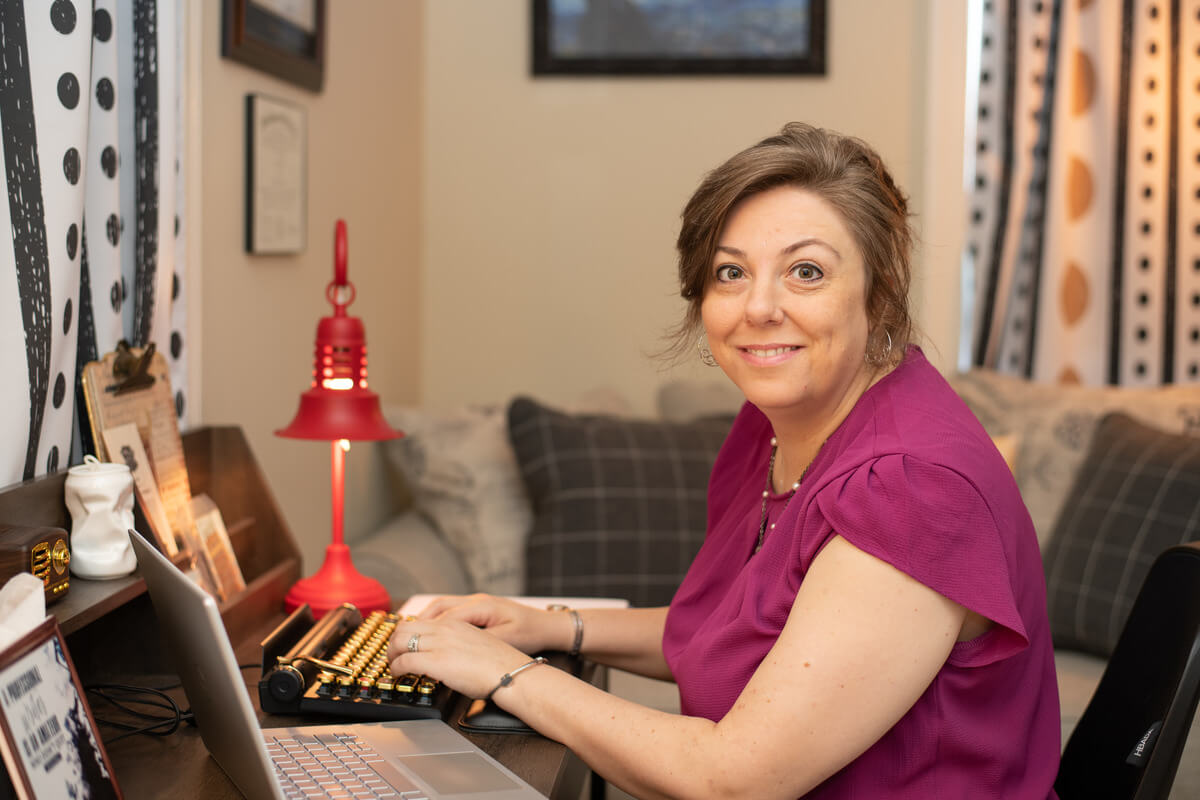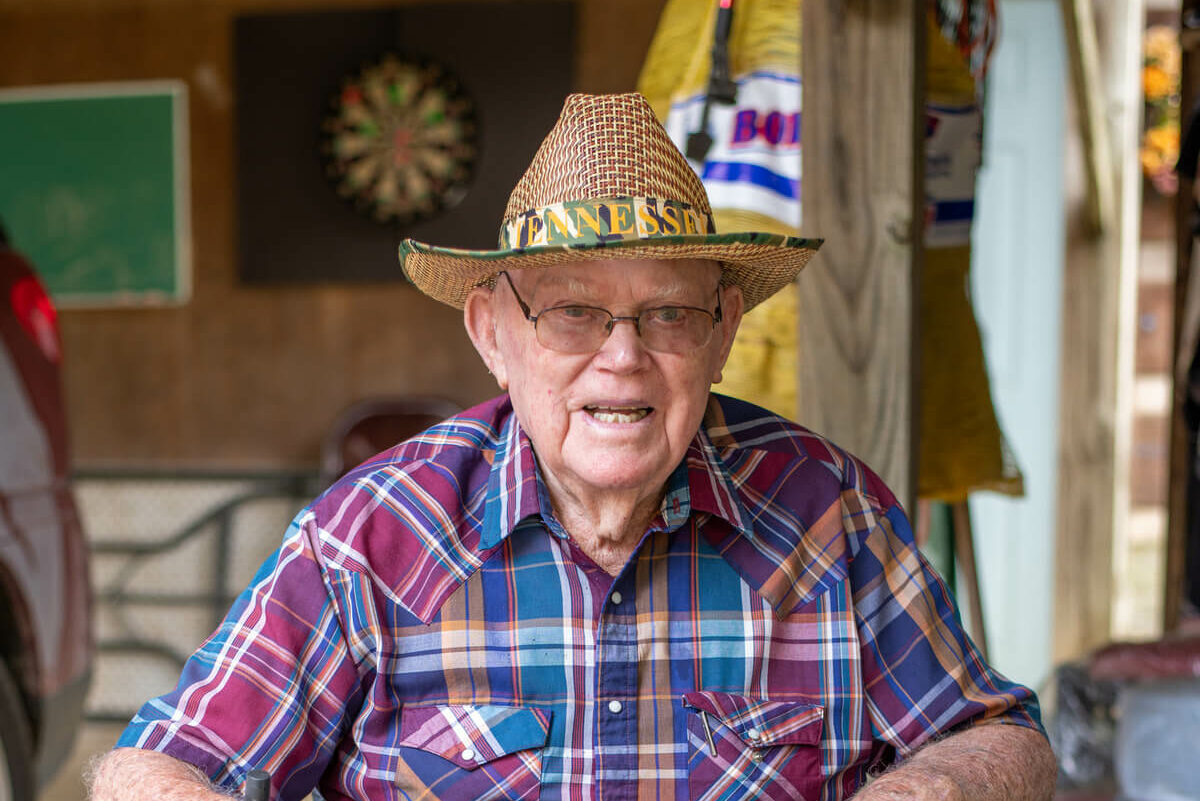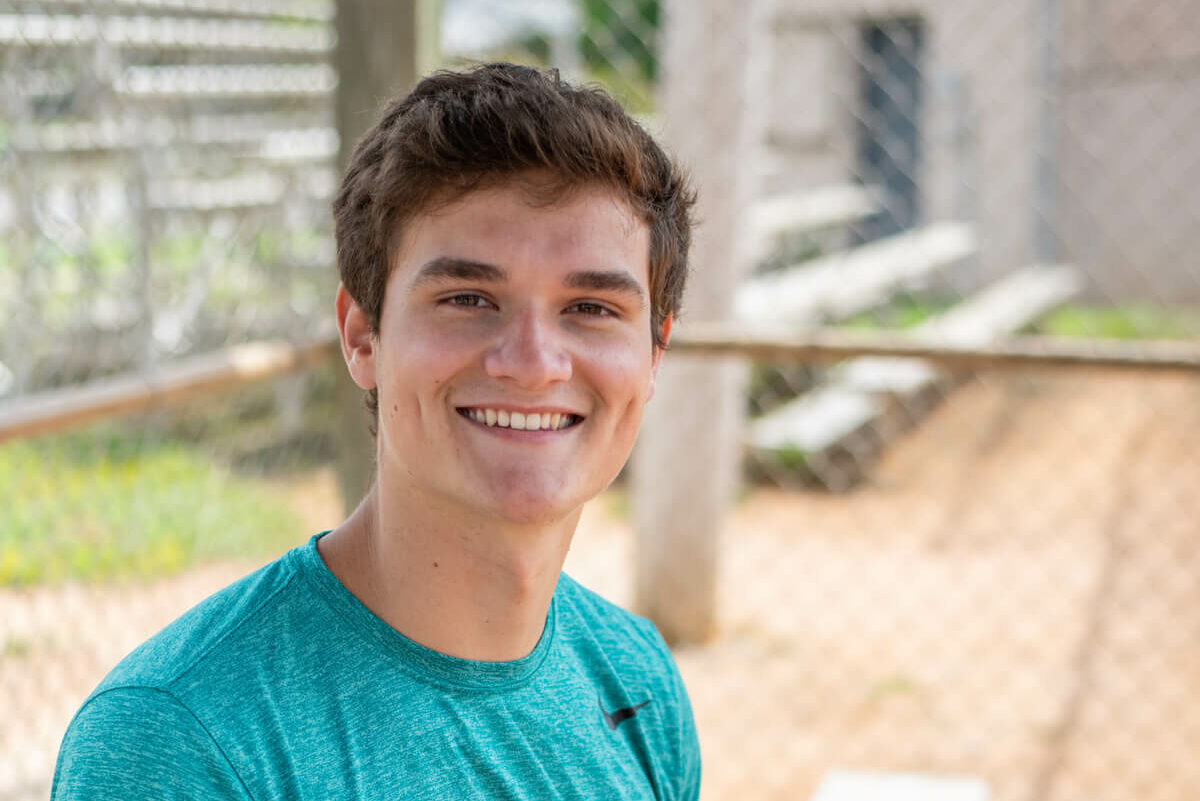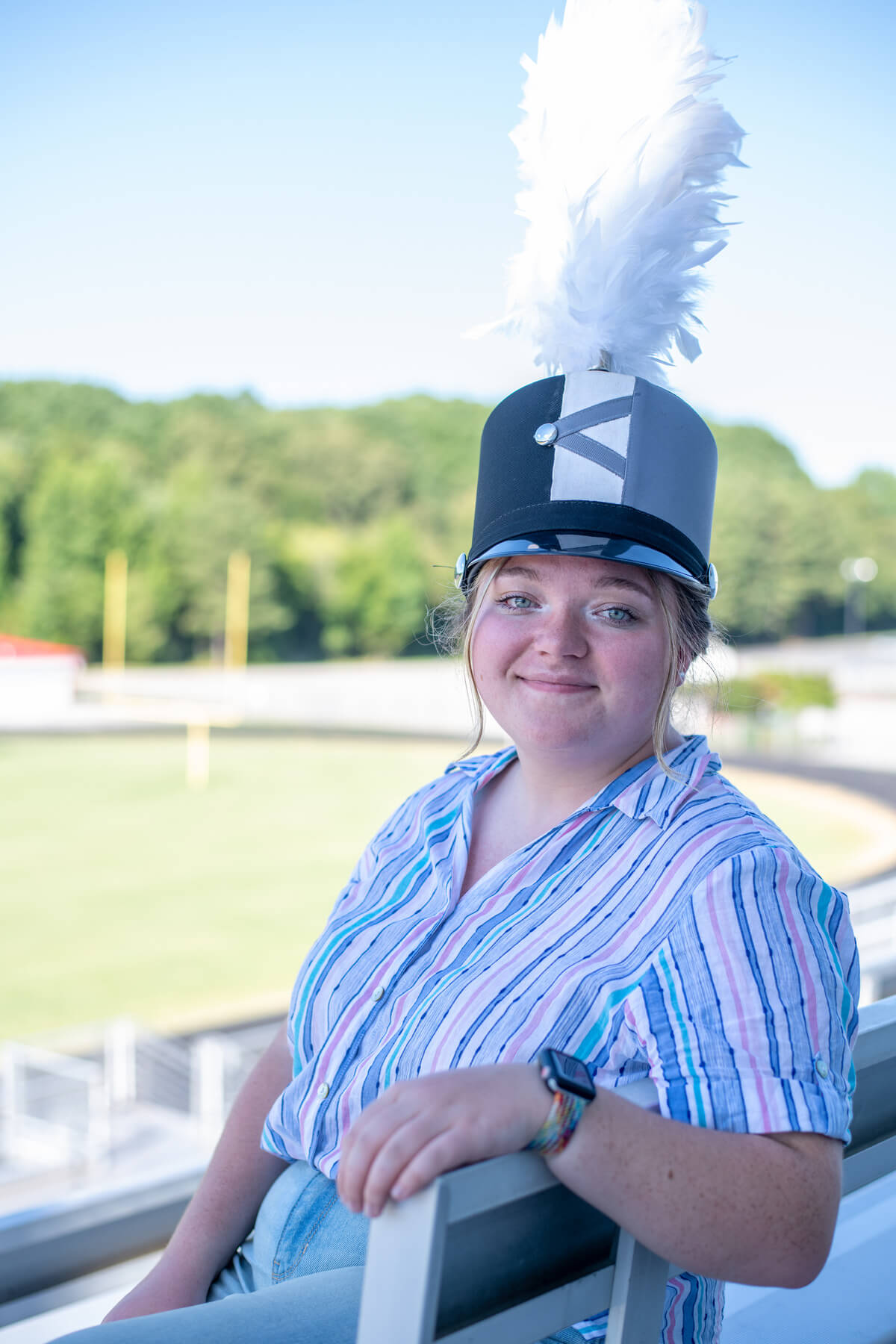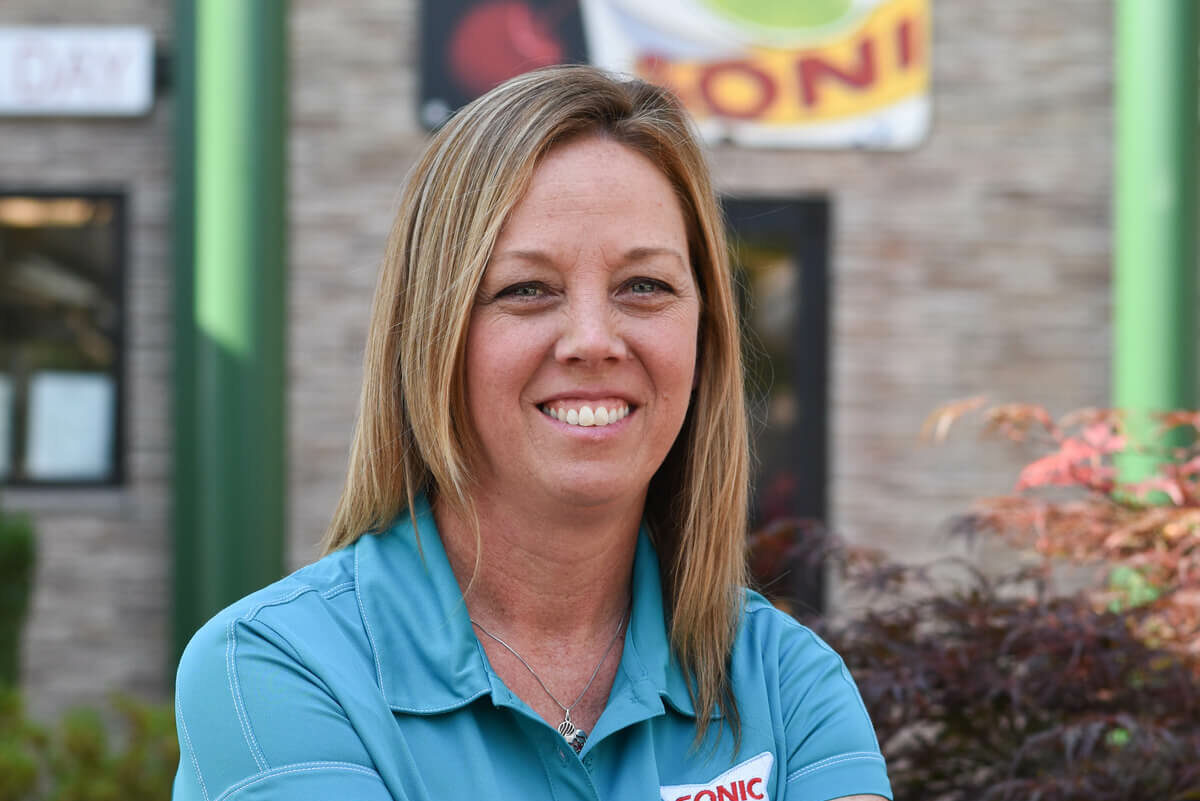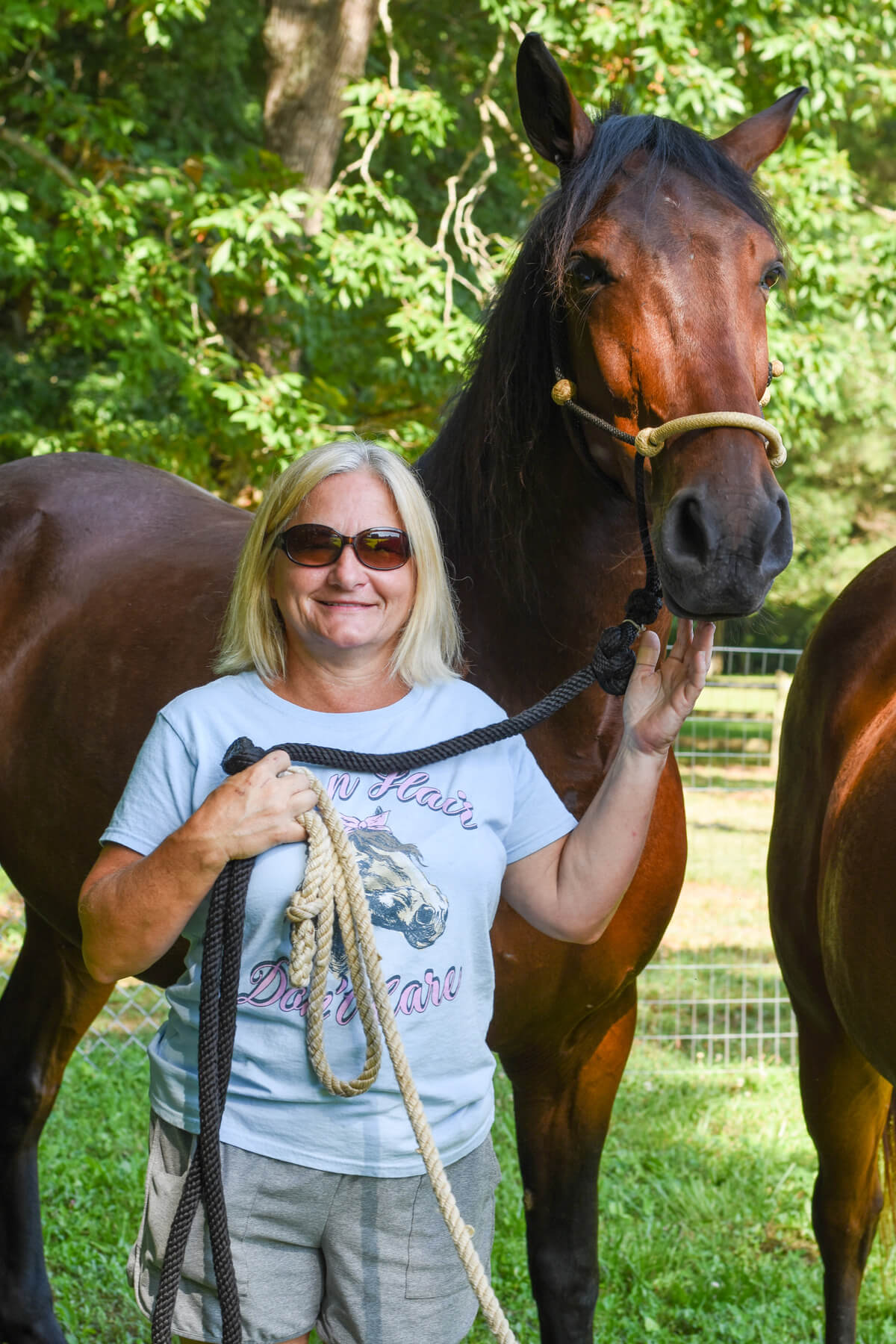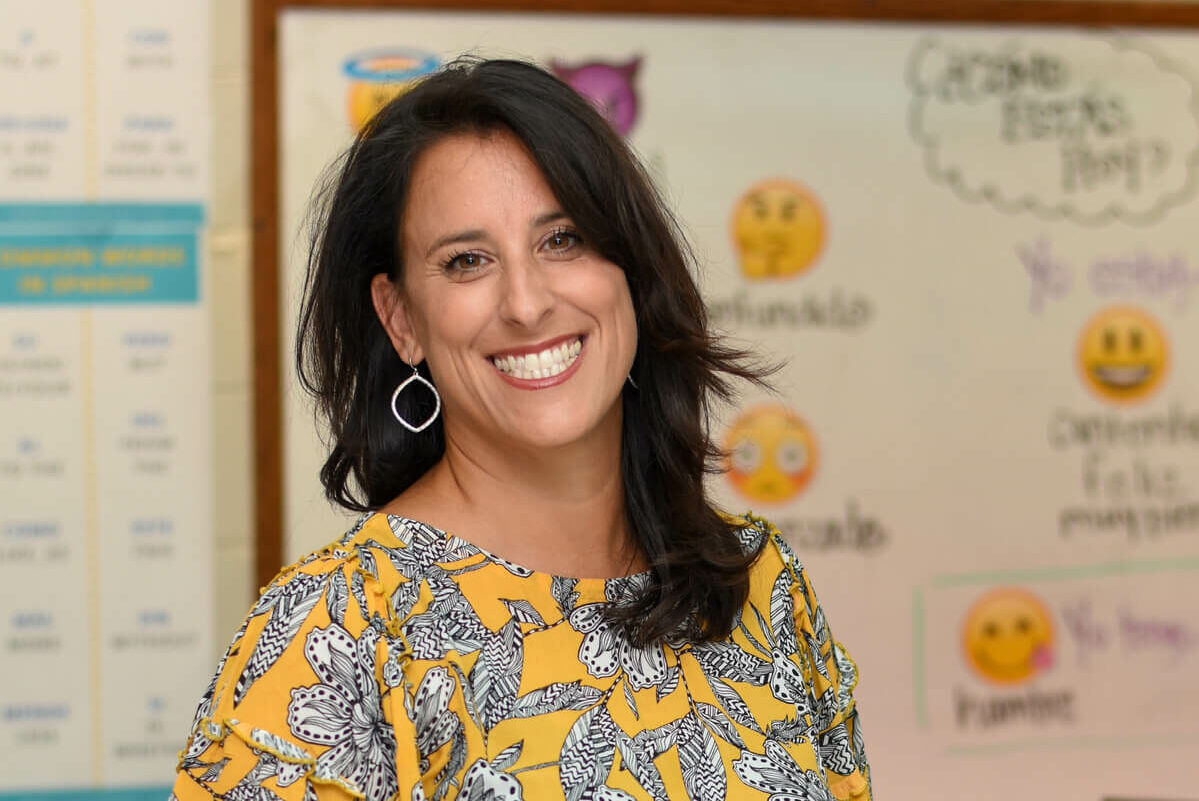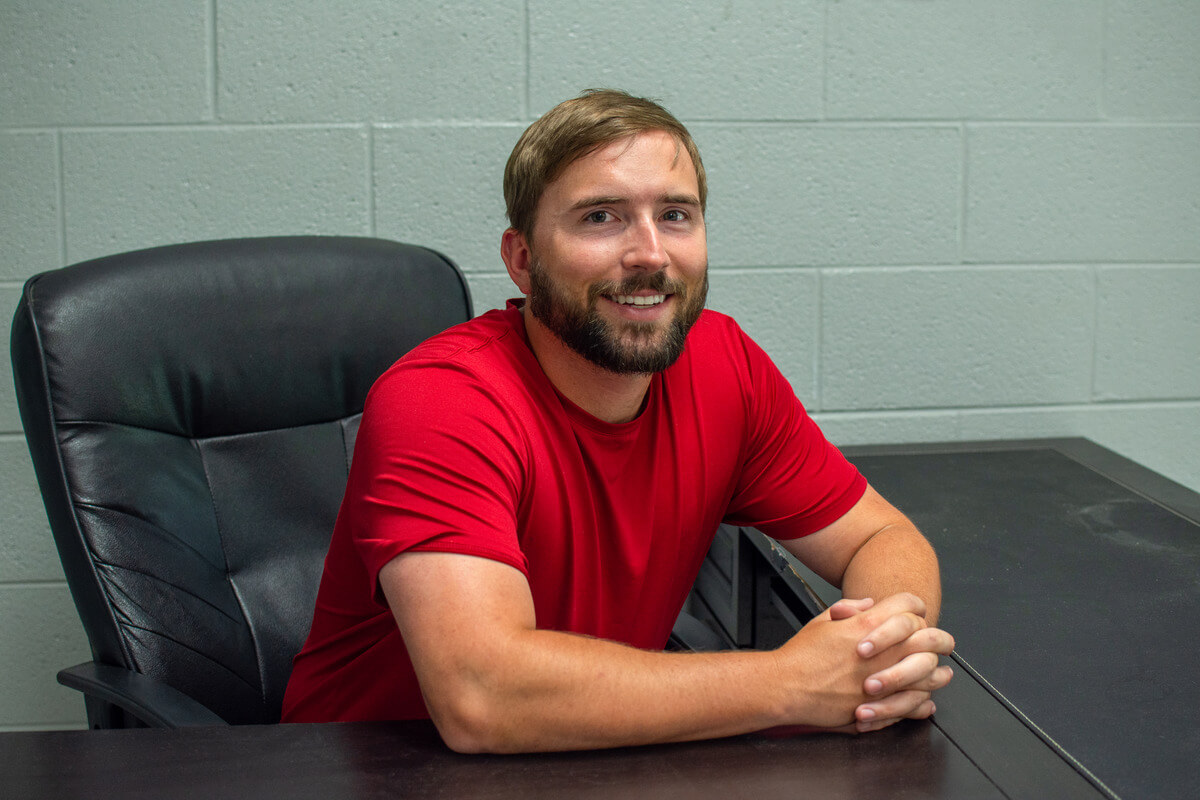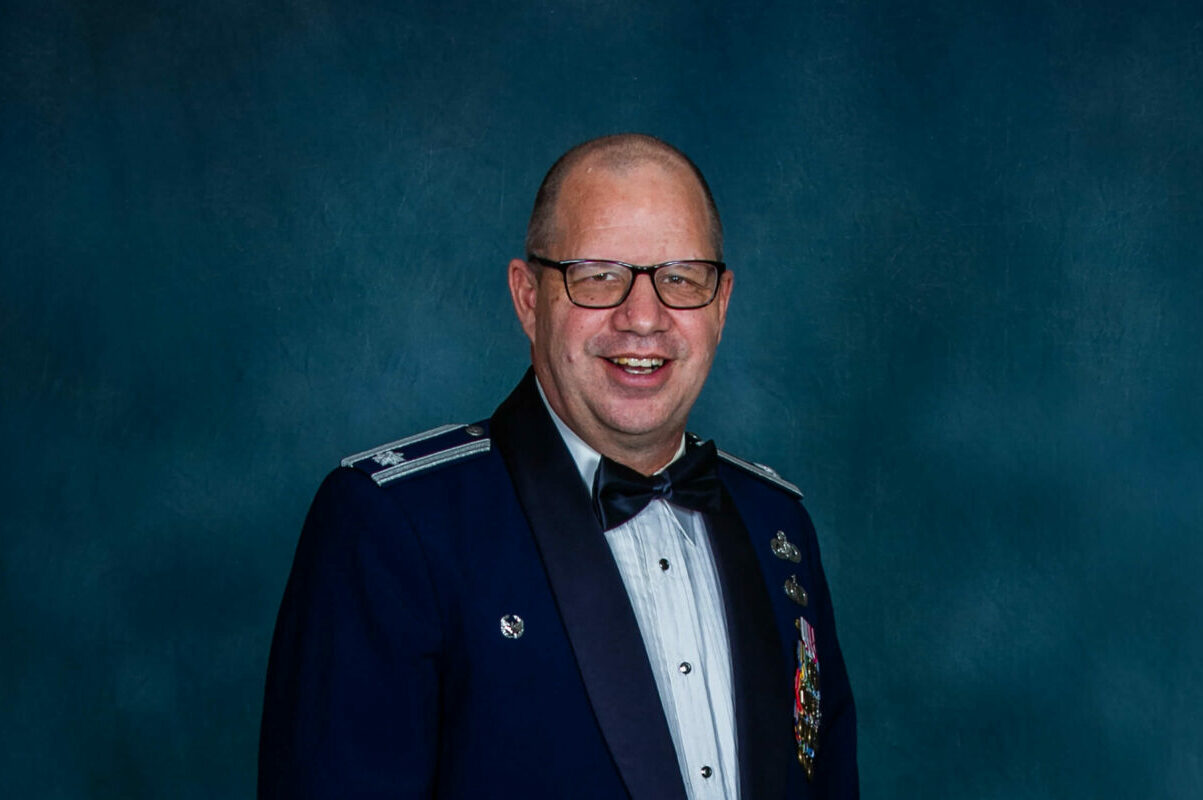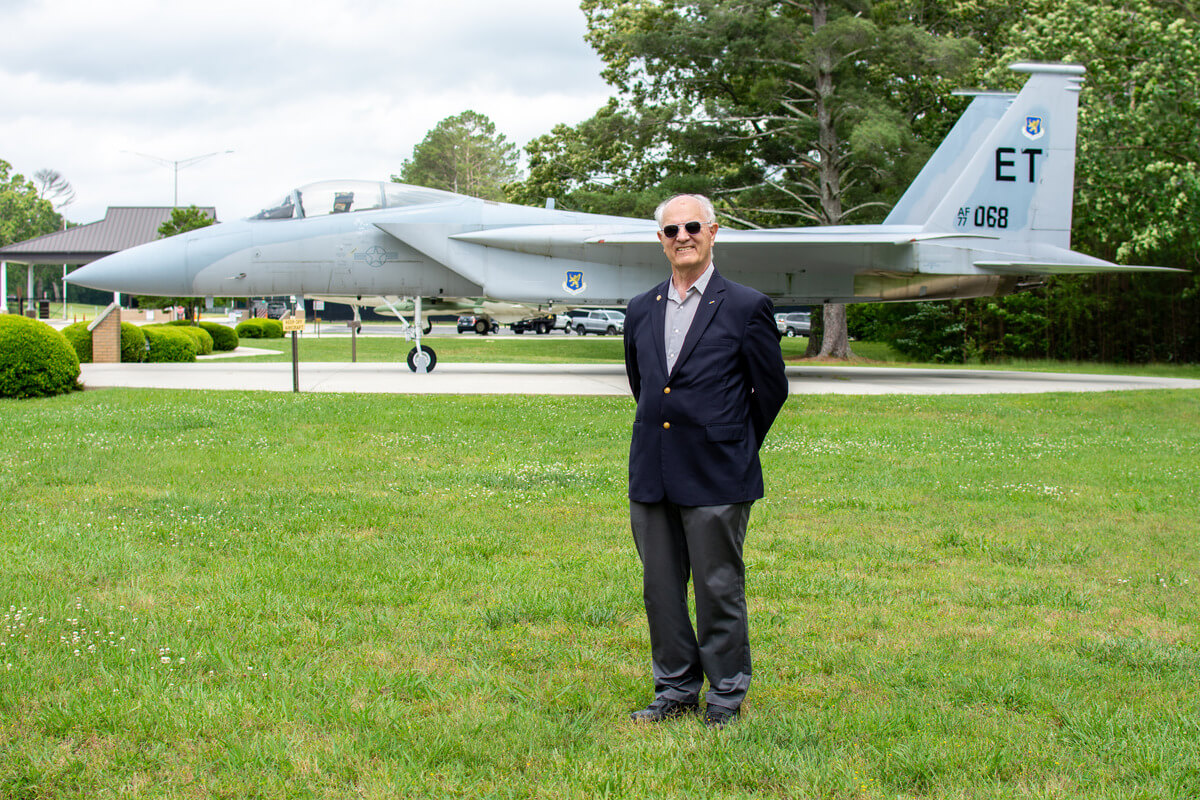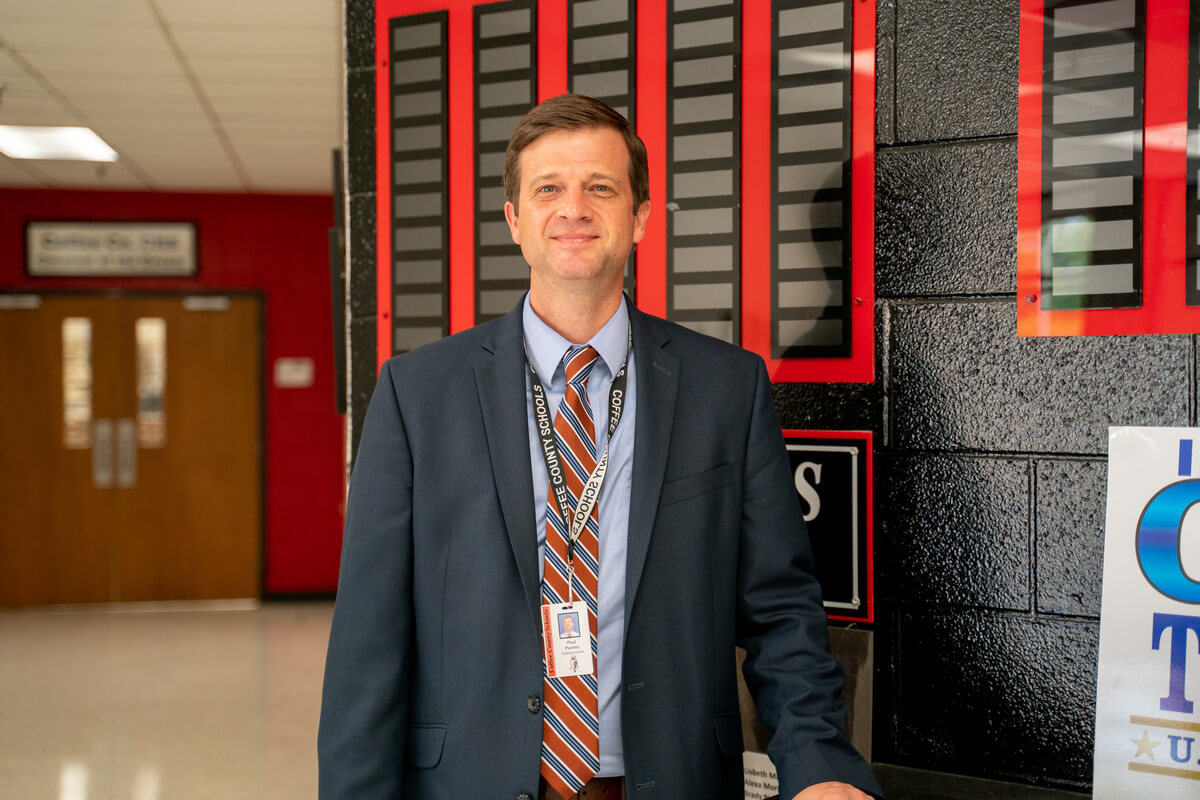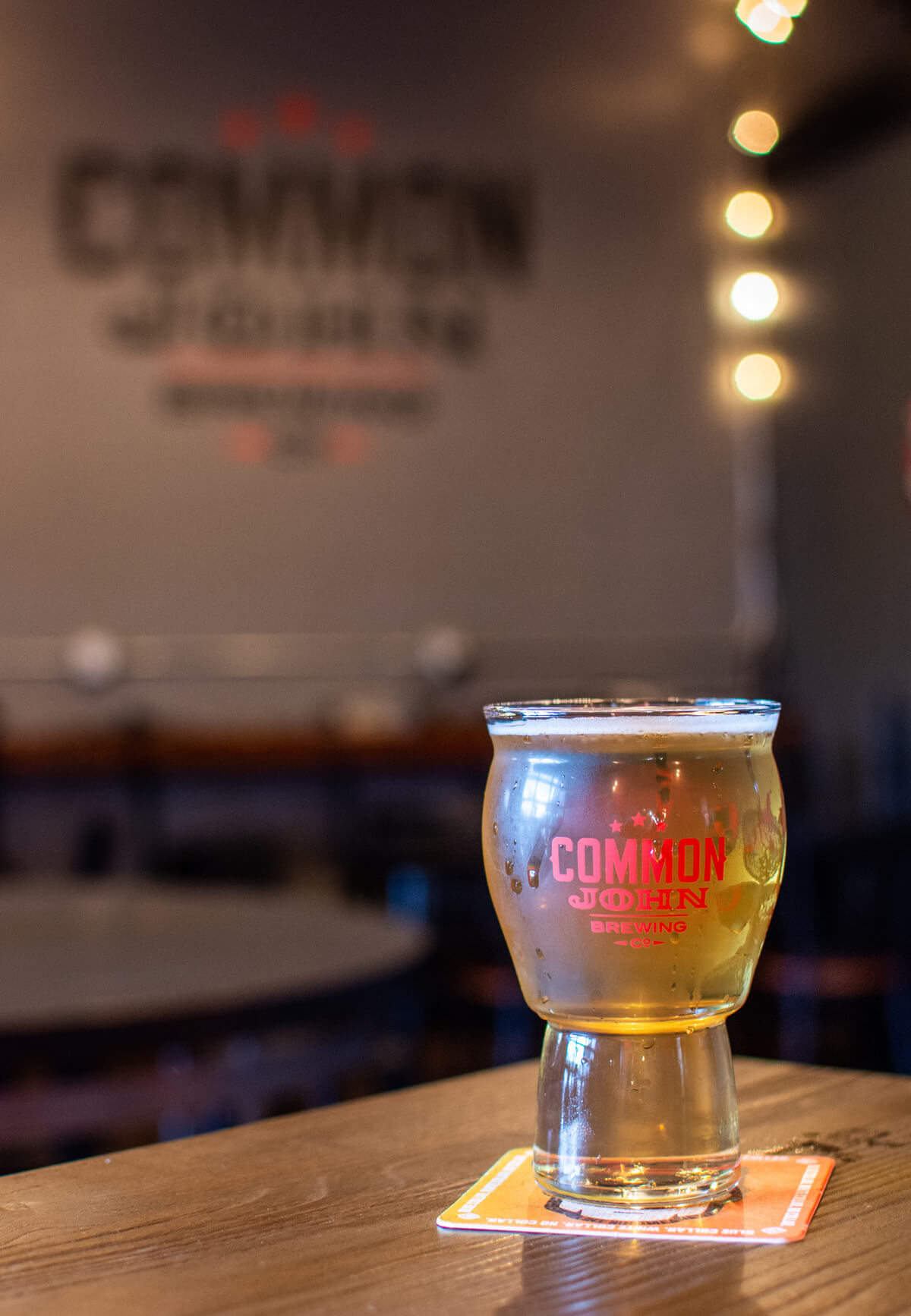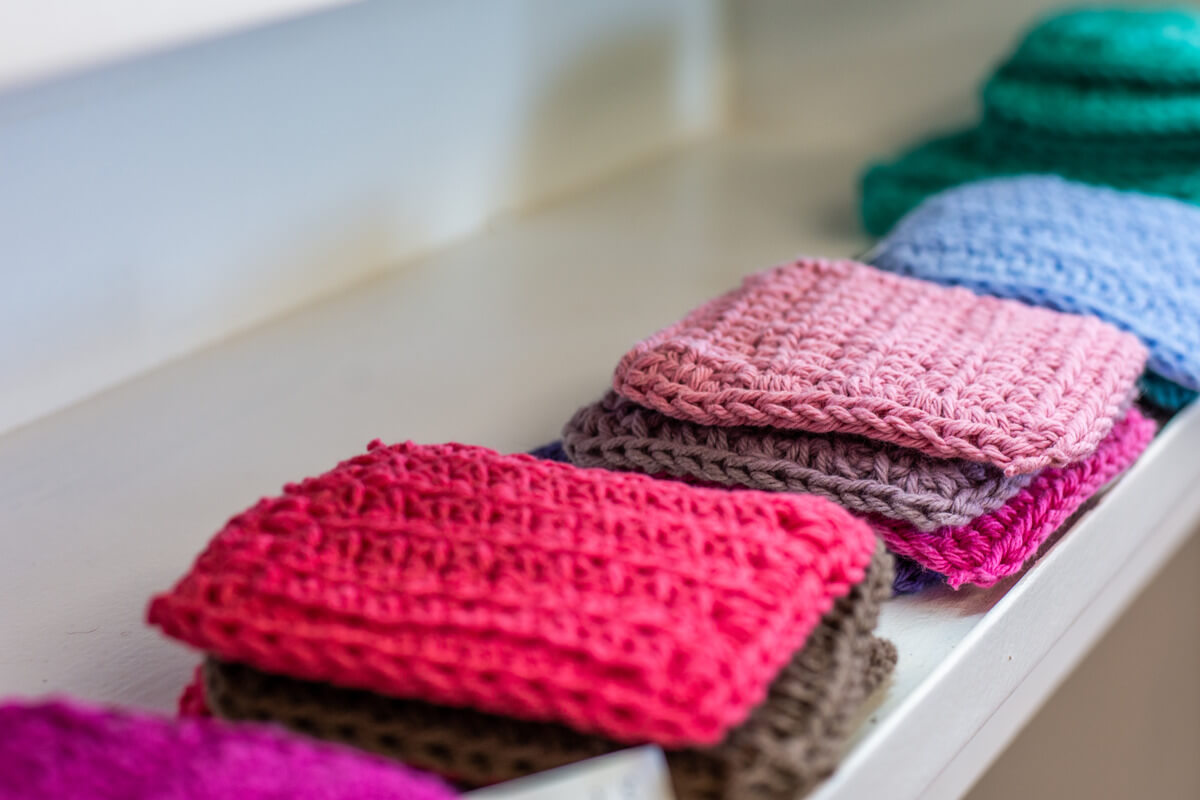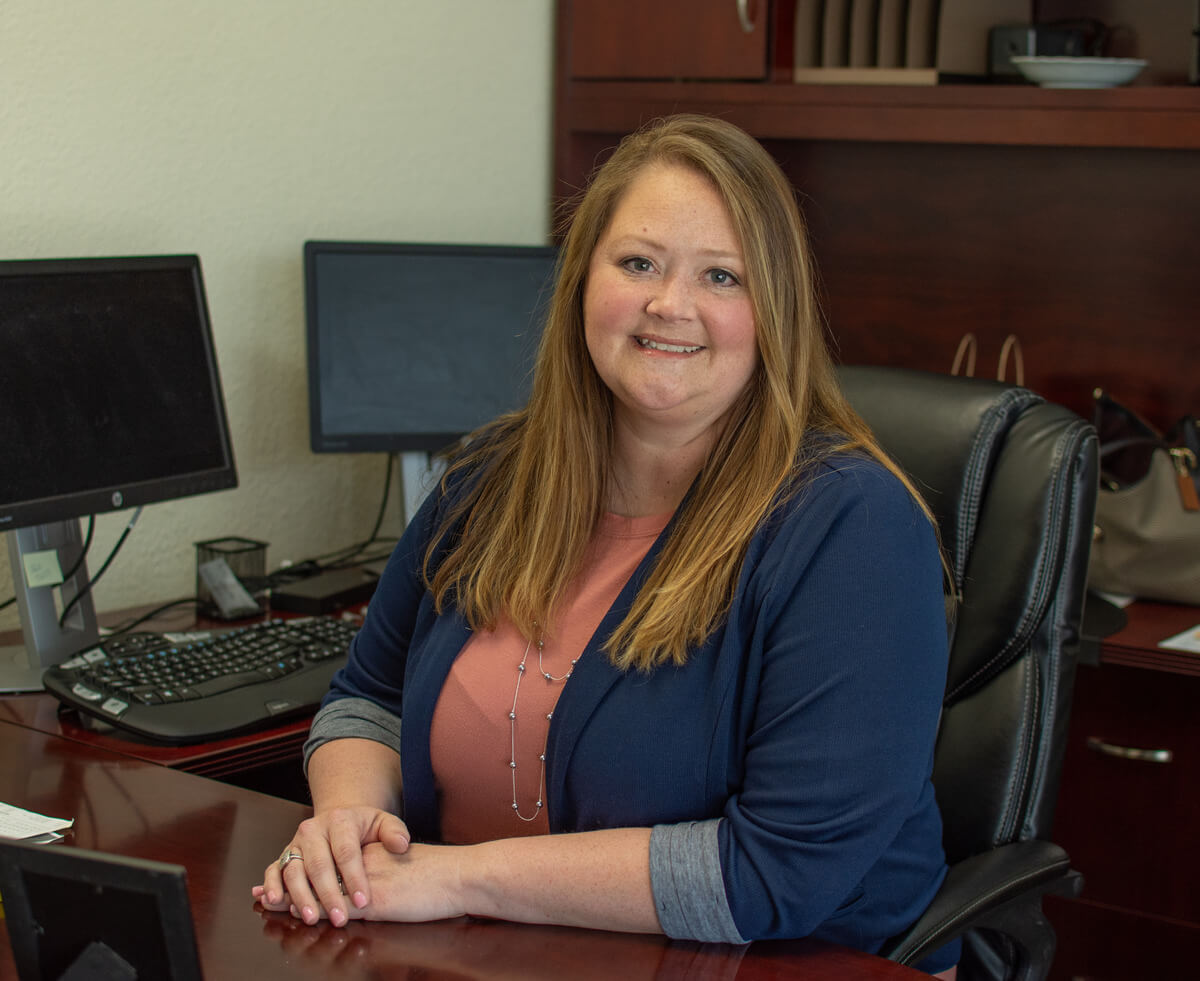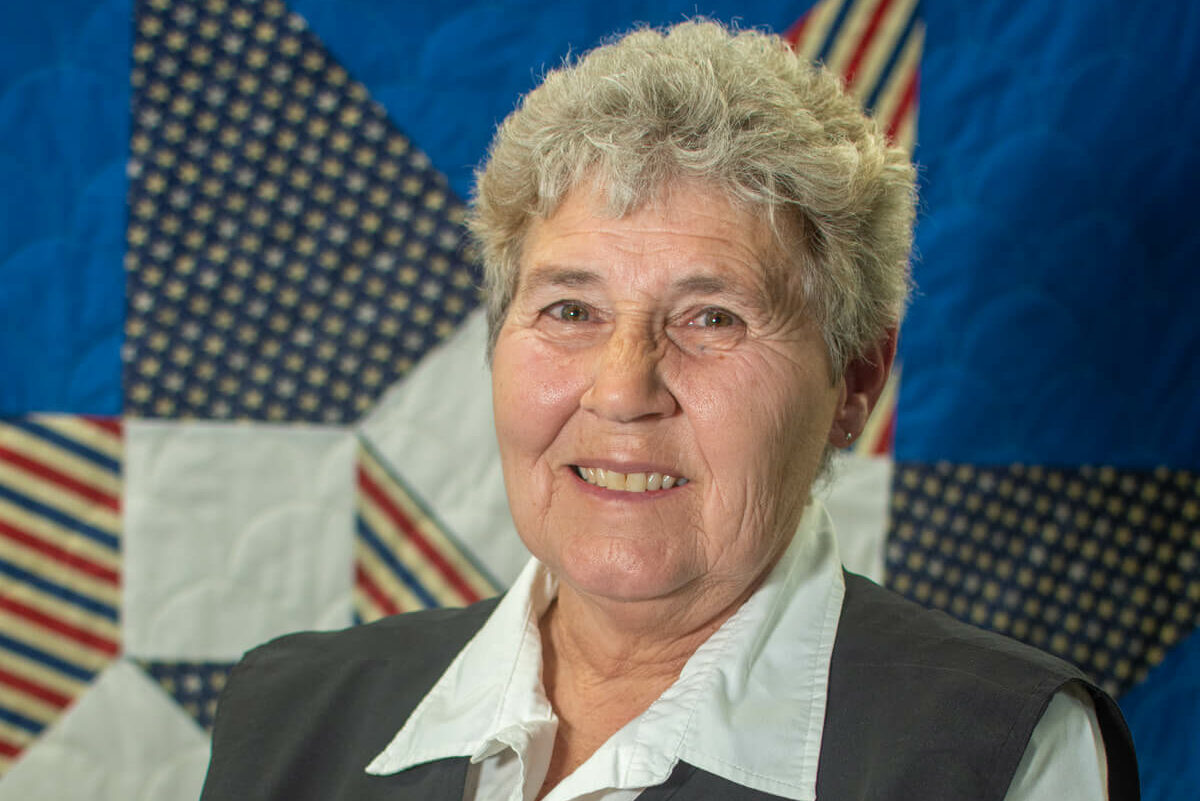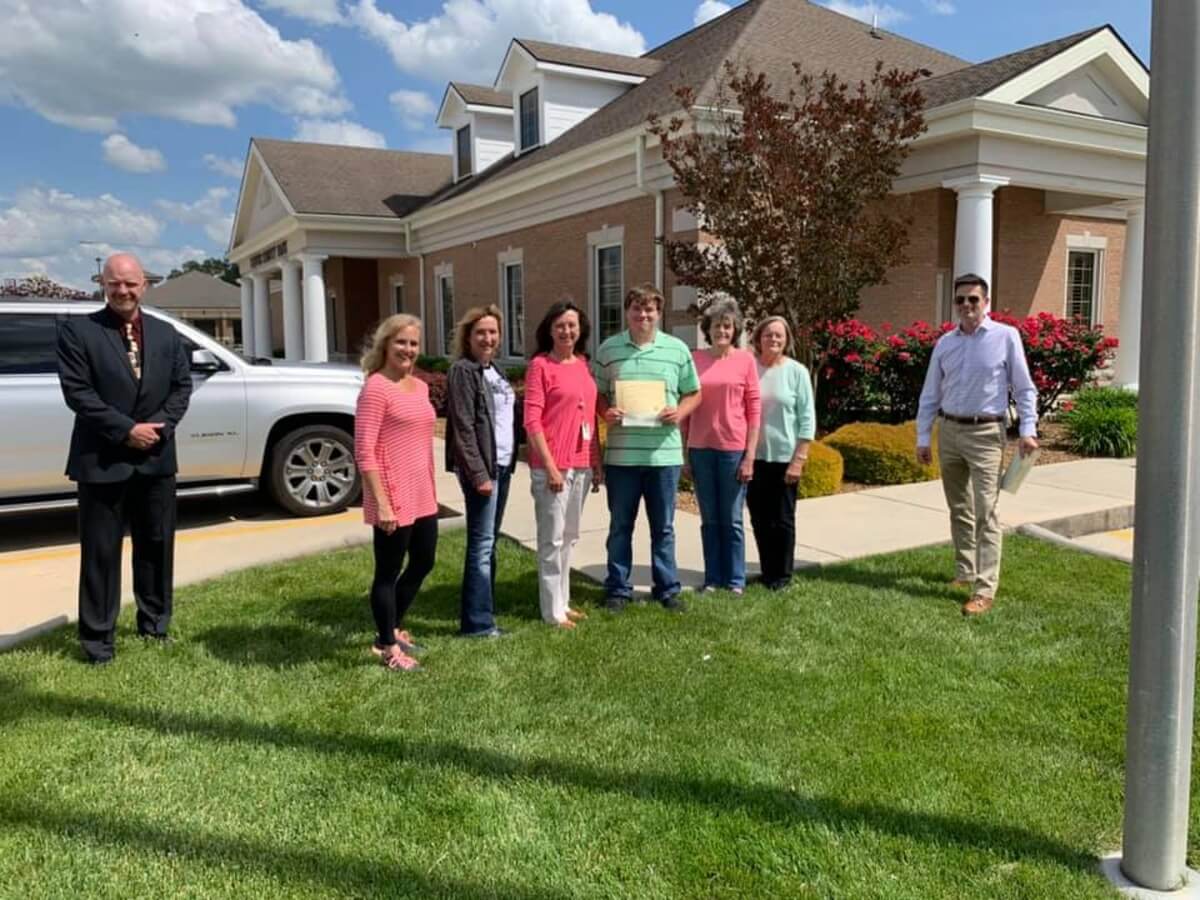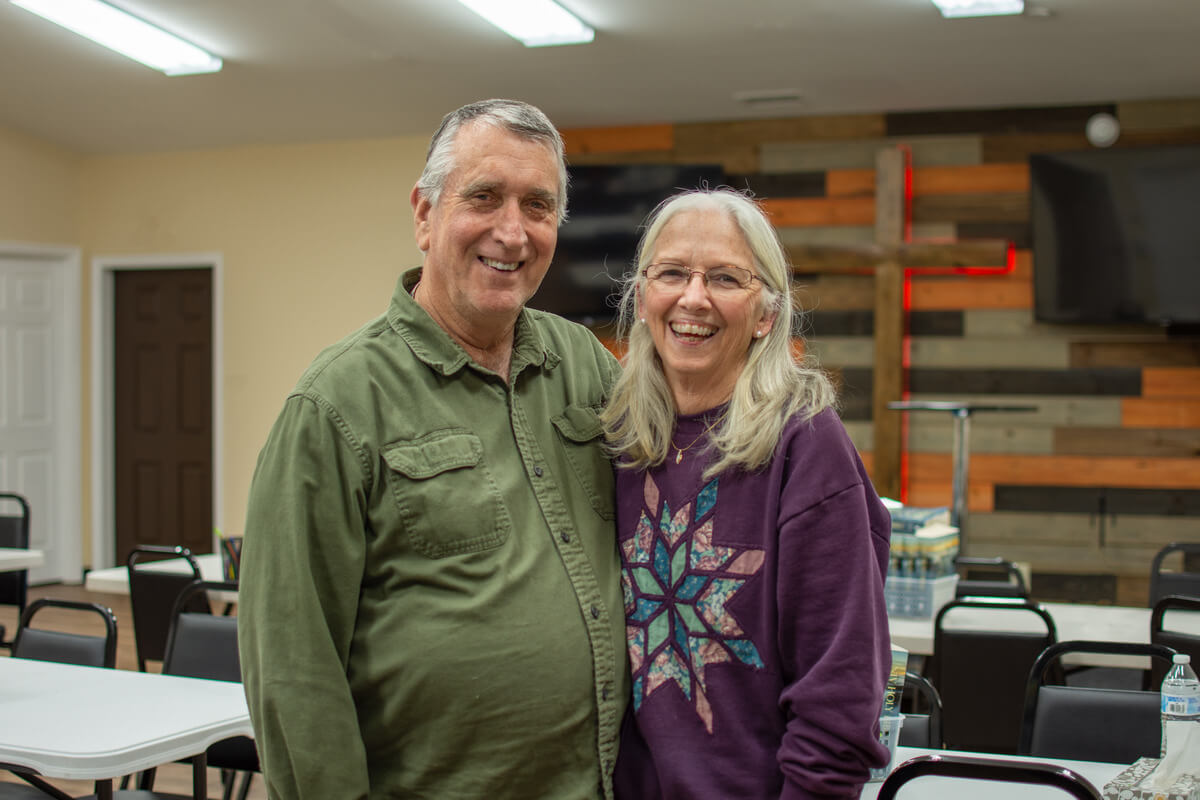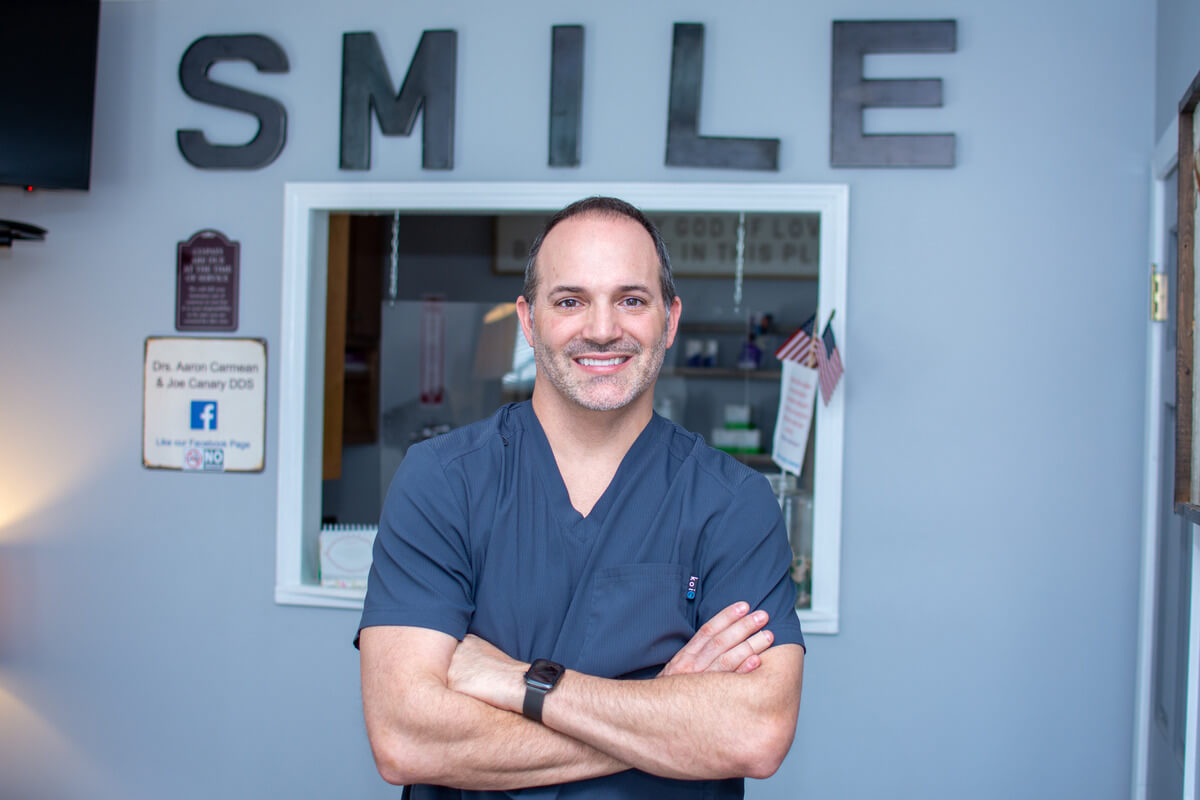WHITNEY AUSSIKER’S day begins early. She’s up before dawn, brewing coffee and getting her children ready for school, all while preparing for her demanding 24-hour shift as a paramedic. For Aussiker, balancing family life and the responsibilities of a first responder is a daily challenge that she embraces with open arms and a heart full of compassion.
Aussiker and her husband, who also works in public safety, handle 24- hour shifts and early mornings with intention and as a team.
“We both work 24 on and 48 off, and we’re on opposite shifts,” Aussiker explained. “We feel like our day starts before we go to work. We prepare for whatever the day holds.”
For Aussiker, the uniform represents trust and responsibility. Each shift can be routine or life-changing and requires both mental and physical preparedness.
Once she’s on duty, Aussiker’s day calls for routine checks, station duties, and responding to calls. Despite the unpredictability and the often minimal information dispatch receives, she and her team respond without hesitation.

“We always aim to meet the highest standards of care for our patients,” she explained. “We want to make sure they’re taken to a facility that can pick up where we left off in those treatments and that they are properly taken care of.”
Even with around 1,000 calls per month, Aussiker finds time to write run reports, perform station duties, and — when possible — rest. Continuous training and staying updated with the latest treatments are essential parts of her job, keeping her on her toes and always ready to provide the best care possible.
As a child, Aussiker dreamed of being a meteorologist. TV personalities like Bill Hall inspired her. However, she found herself fascinated with the medical field, captivated by shows like “Unsolved Mysteries” and “Untold Stories of the E.R.” Over time, the pieces fell into place, leading her to a career she now realizes she was destined for.
One of Aussiker’s greatest challenges is balancing work and family life. Missing holidays, school programs, and family events is a sacrifice she and her family have grown accustomed to, though it never gets easier.
The emotional toll of tragic events and the reality of burnout are also inevitable factors in her career. Aussiker said it’s important to have a strong support system to navigate tough times and that it’s okay for first responders to have emotions and seek help when needed.

Aussiker’s drive to make a difference in the community keeps her going. She finds inspiration in a famous quote by Ralph Waldo Emerson: “To know that even one life has breathed easier because you have lived is to have succeeded.”
Aussiker doesn’t look for recognition or financial rewards. Her fulfillment comes from knowing she is making a difference.
“I’ve seen people overcome fears, addictions, and sicknesses, starting their healing process with the help of [emergency medical services] professionals,” she said. “We do it because we were made for this job. It’s not a regular job … it’s a calling. We’re here to make people feel worthy and to save lives. Knowing that I have positively impacted someone’s life is the greatest reward.”
Aussiker lives happily in Hillsboro on a small farm with her husband, Matt, and their three daughters, Kamryn (17), Maddie (11), and Lizzie (7). She juggles her professional and personal life with grace. Even with the pressures of her career, her family remains her anchor, providing the support and love she needs to continue her vital work. And a strong support system is one of many things she said first responders cannot live without.

Outside of work, Aussiker loves exploring new adventures with her friends and family, tending to her beautiful garden, and immersing herself in the wonders of nature.
Aussiker is the essence of a true hero, both on and off duty, fully committed to serving others with courage and the love of God. Let Aussiker’s story inspire you to strive to make a difference in your community.
“My purpose is to make a difference in someone’s life. I can’t ask for a better reward. I’ve created bonds with families and patients, and that’s very special to me. You’ll see people, and they may not always remember your name, but they’ll definitely remember your face and that you were kind to them.” GN




